Blog
From Assembly Lines to Algorithms: AI’s Role in Manufacturing Project Management
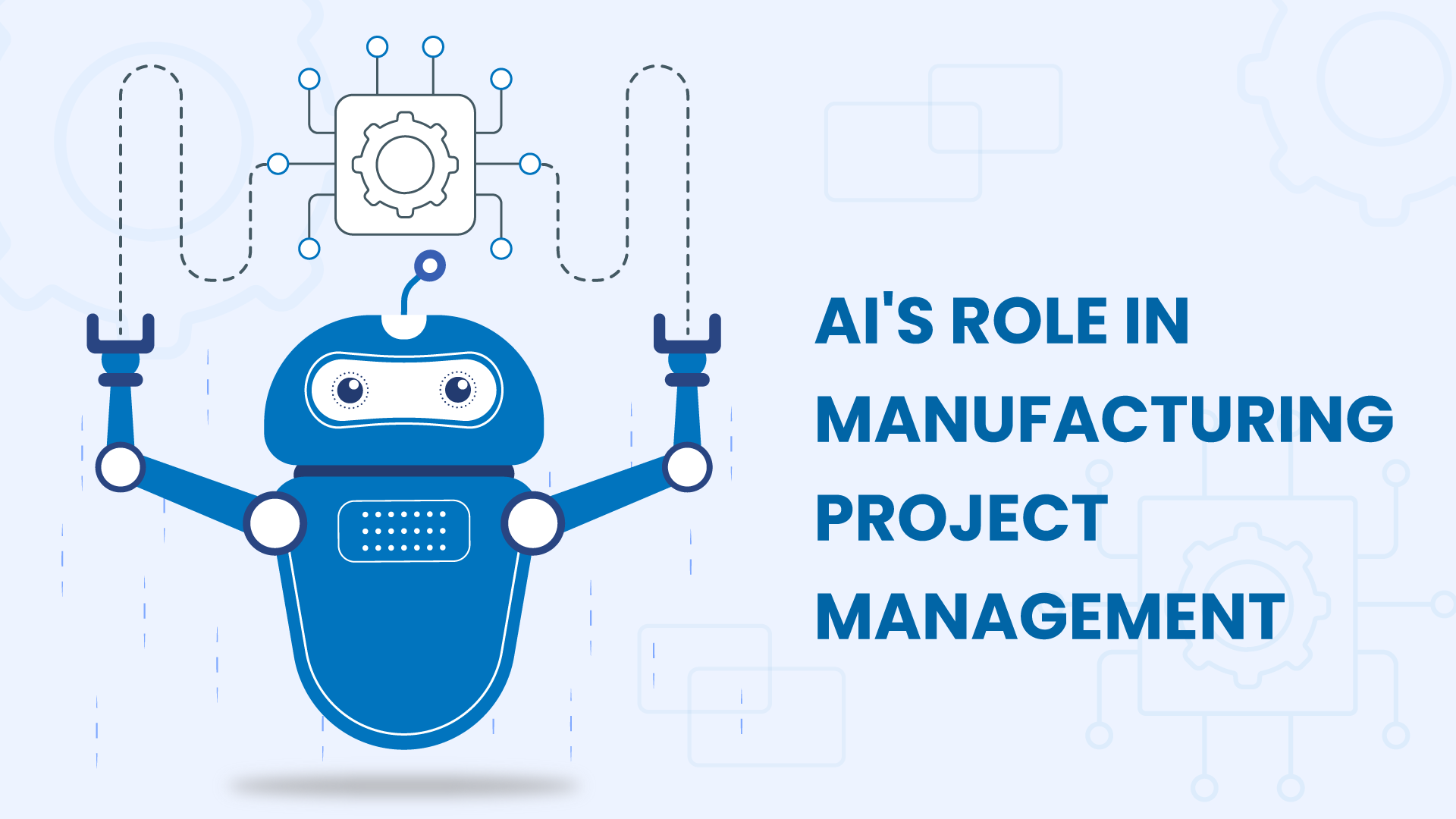
At the core of the manufacturing industry, where precision and quality are paramount, effective project management is crucial. The field of project management within manufacturing has undergone substantial changes over time. Today, it is on the cusp of a new era, shaped by the integration of Artificial Intelligence (AI) technologies.
This article aims to delve into how AI technologies are interweaving with project management practices in the manufacturing sector. We will chart the progression of project management, delve into the capabilities of AI as a tool for processing and analyzing vast data sets, investigate its influence on different aspects of project management, and look ahead to what the future may hold for this integration.

The Evolution of Project Management in Manufacturing
Before we plunge into AI, let’s stroll down memory lane and understand how project management has evolved in the manufacturing industry.
From Clipboards to Complex Systems
Traditionally, project management in manufacturing involved copious amounts of paperwork, manual tracking, and intricate spreadsheets. Project managers had their hands full, juggling schedules, resources, and budgets with limited technological support.
However, with the advent of computers, project management software began to emerge, simplifying many aspects of the job. These early systems allowed for better organization and communication but were far from today’s transformative power.
The Rise of Automation
As manufacturing processes became more complex, automation crept in. Industrial robots, IoT devices, and automation software began to handle repetitive tasks, streamlining production. This, in turn, required a shift in project management towards overseeing these automated systems.
AI’s Entry into the Arena
In recent years, AI has been the catalyst for a significant transformation. It has taken project management from reactive to proactive, predictive, and highly efficient. The sheer computational power of AI, coupled with its ability to process vast amounts of data, has made it a game-changer in manufacturing project management.
AI and Its Capacities
Before exploring how AI is reshaping project management in the manufacturing sector, it’s crucial to acknowledge its transformative yet complex nature. AI, with all its capabilities, operates without an intrinsic understanding of its actions, which necessitates careful and vigilant human oversight to guide its application.
Machine Learning and Predictive Analytics
AI, particularly machine learning, excels in making sense of data. It can analyze historical project data to predict potential roadblocks, optimize schedules, and allocate resources more efficiently. This predictive prowess allows for proactive decision-making, reducing delays and cost overruns.
Natural Language Processing (NLP)
Communication is key in project management. AI-powered NLP tools can analyze and understand written and spoken language, making it easier to process and act upon critical information. Imagine AI sorting through emails, identifying urgent issues, and even drafting responses – all with human-like comprehension.
Computer Vision
In manufacturing, quality control is paramount. AI-driven computer vision can inspect products with remarkable precision, detecting defects that might elude the human eye. This ensures that quality remains consistent across production lines.
Robotic Process Automation (RPA)
Repetitive, rule-based tasks that were once prone to human error can now be handled flawlessly by AI-driven bots. This improves accuracy and frees up human resources for more strategic roles.
AI’s Role in Manufacturing Project Management
Now that we’ve glimpsed AI’s potential let’s explore its influence on different aspects of manufacturing project management.
1. Project Planning and Strategy
Traditionally, project planning in manufacturing was a complex and often uncertain task. Project managers had to rely on their experience and intuition to create project plans. However, AI has revolutionized this process. AI-driven algorithms can analyze vast amounts of historical project data, considering variables like resource availability, budget constraints, and past performance.
This analysis aids in formulating realistic project timelines and budgets, enhancing the planning and strategy process.
2. Communication and Collaboration
Effective communication is paramount in project management, especially in large manufacturing projects involving global teams. AI-driven tools like chatbots and virtual assistants enhance communication and collaboration.
These AI-powered systems assist in message routing, meeting setups and even language translation, facilitating better teamwork across different locations.
3. Quality Control
Quality control is fundamental in manufacturing. AI’s computer vision technology has significantly improved this aspect. Equipped with AI, cameras and sensors perform real-time product inspections, swiftly identifying defects.
This approach ensures consistent quality and cuts down on waste and production expenses, since AI-driven quality control systems, less susceptible to human errors, are capable of functioning continuously around the clock.
4. Resource Management
AI aids in effectively managing resources by analyzing workloads, personnel skills, and resource availability, ensuring optimal task assignments, and enhancing productivity. While this technology greatly assists in allocating physical and technical resources, special consideration should be given when it comes to managing human resources.
It’s essential to view human resource allocation through a more nuanced lens, acknowledging the unique aspects of team dynamics and individual preferences that AI might not fully grasp. This careful approach ensures that, while AI provides valuable data-driven insights, the human element remains a central consideration in resource management.
5. Task Allocation
Gone are the days of manual task assignment, which was often subjective and time-consuming. AI can automate task allocation based on project priorities and individual capabilities.
This leads to a more balanced workload among team members, ensuring critical tasks receive the attention they deserve. With AI, task allocation becomes data-driven, objective, and efficient.
6. Process Improvement
AI is a powerful tool for continuous process improvement in manufacturing. By analyzing production processes and identifying inefficiencies, AI acts like a data-driven consultant, suggesting optimizations. This leads to more streamlined operations and increased efficiency.

The Future of AI in Manufacturing Project Management
As we peer into the future, it’s clear that AI’s role in manufacturing project management will continue to evolve and expand.
- Enhanced Predictive Capabilities: AI will become even better at predicting project outcomes, enabling proactive decision-making. It will identify potential risks and suggest mitigation strategies, making projects more resilient.
- Autonomous Decision-Making: We might see AI systems with the autonomy to make certain project decisions, such as rerouting resources in real-time to address unexpected issues, further reducing the need for manual intervention.
- Virtual Project Managers: Imagine AI-powered virtual project managers capable of handling routine tasks, freeing human project managers to focus on high-level strategy and decision-making.
- Integration with Emerging Technologies: AI will seamlessly integrate with other emerging technologies like augmented reality (AR) and the Internet of Things (IoT), providing a comprehensive view of project data and enabling better control.
- Ethical Considerations: With AI playing an ever-expanding role, ethical questions about transparency, bias, and data privacy will emerge. Regulations and best practices will evolve to address these concerns.
Conclusion
The marriage between AI and project management in the manufacturing industry is a remarkable journey from assembly lines to algorithms. AI’s transformative capacities are optimizing project planning, improving communication, ensuring quality, and enhancing resource management and task allocation. As we look to the future, the synergy between AI and project management will only deepen, ushering in a new era of efficiency and innovation in manufacturing projects.
In this dynamic landscape, staying updated with the latest AI advancements will be crucial for project managers in the manufacturing sector. As AI continues to evolve, those who harness its power effectively will lead the charge in reshaping the industry for the better. So, fasten your seatbelts, for the manufacturing renaissance driven by AI has only just begun.

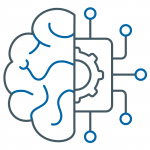


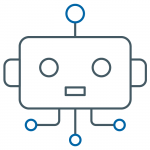
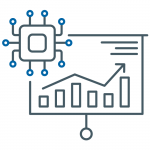
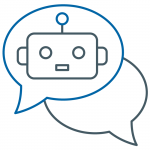

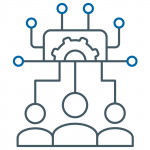
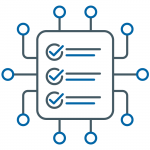
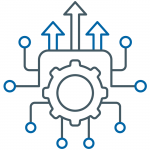
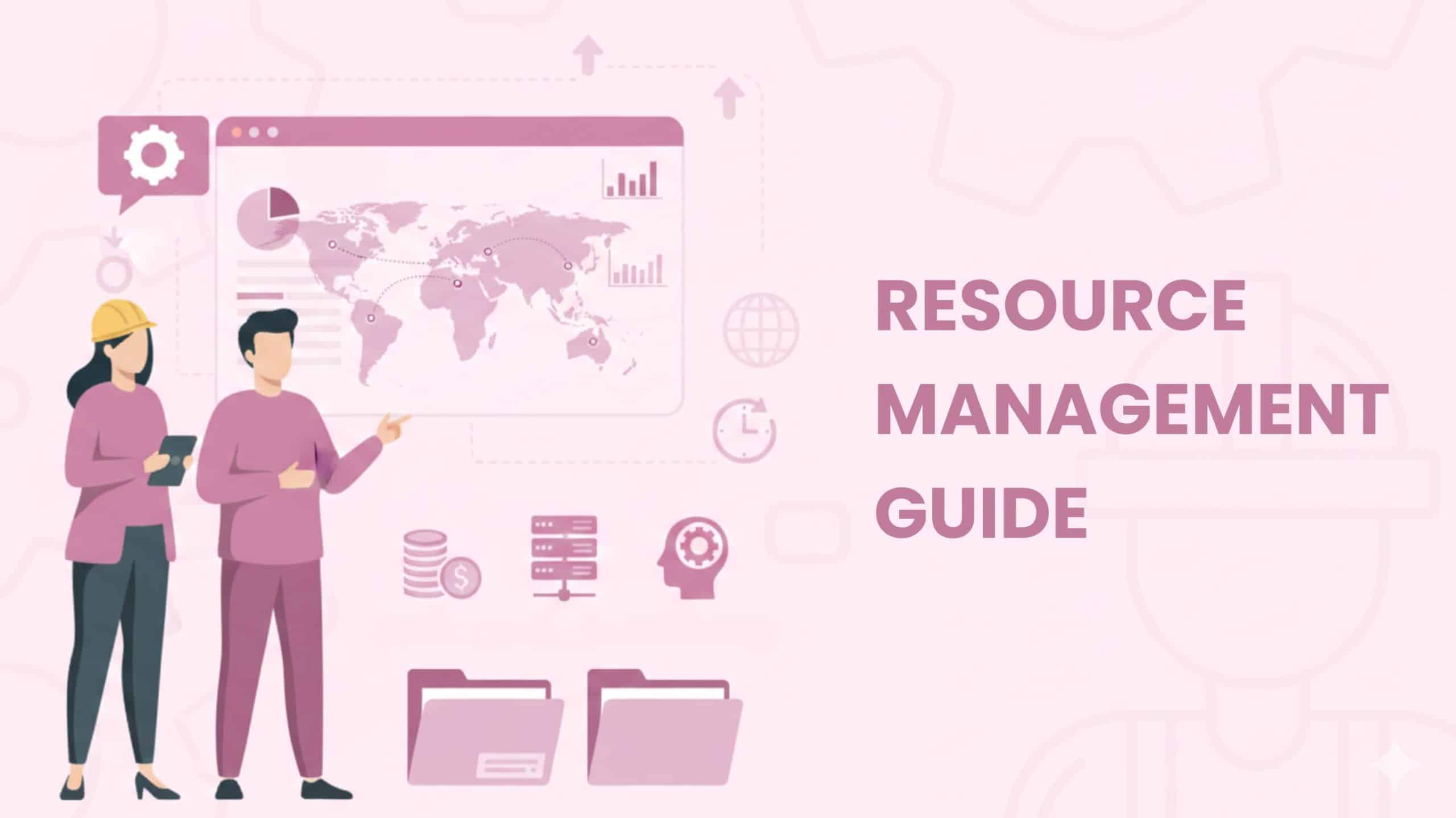
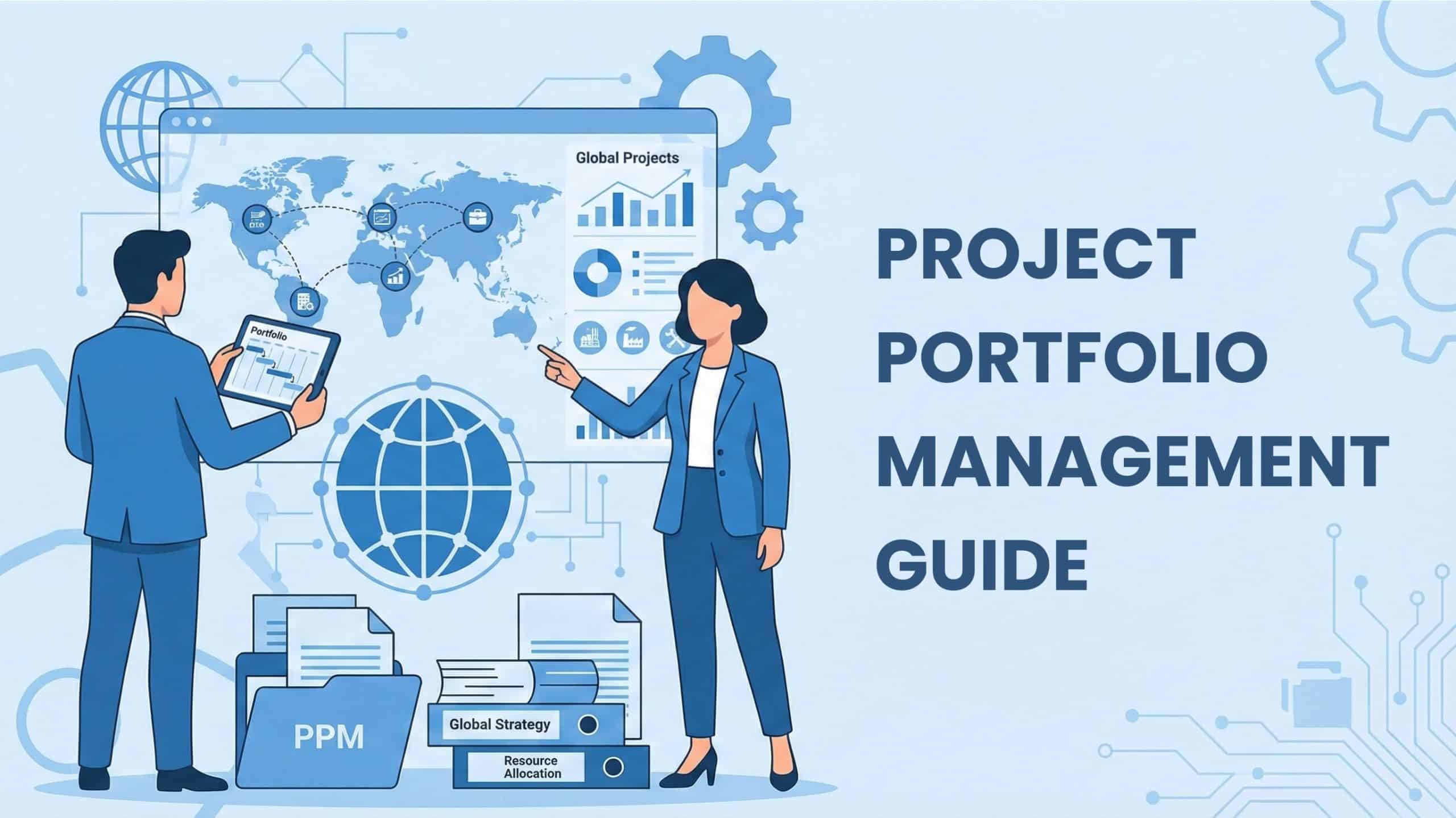
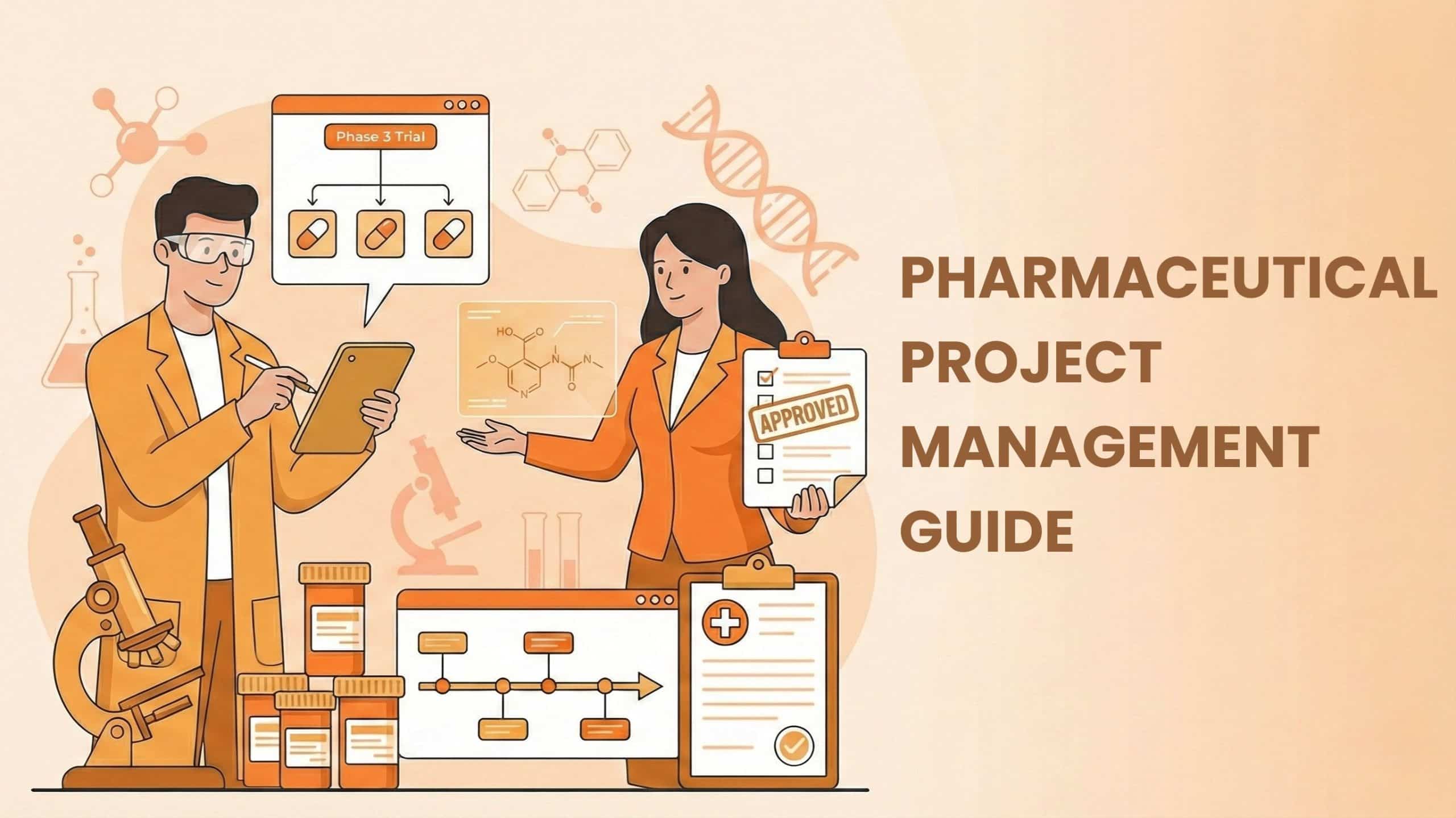
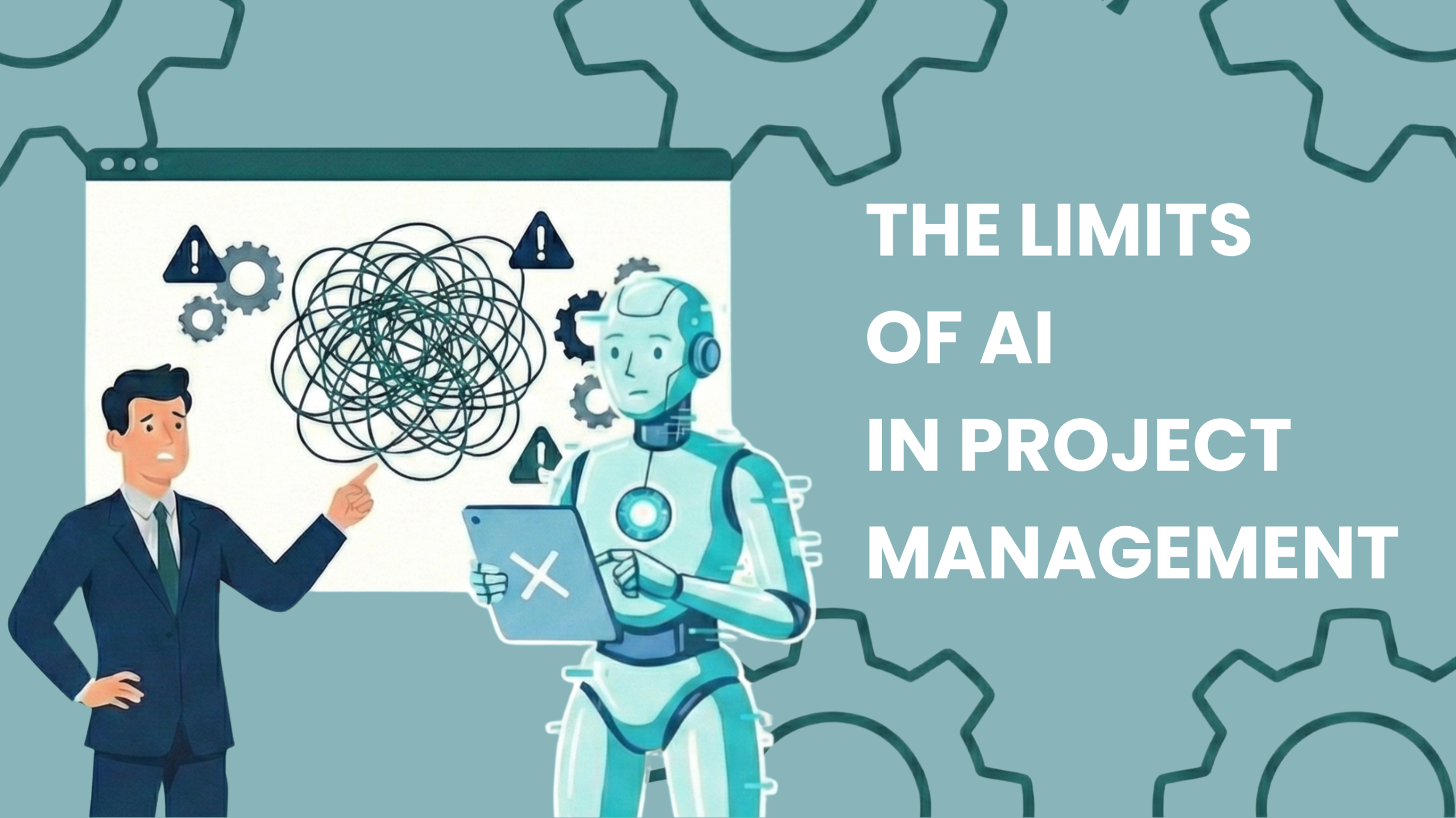
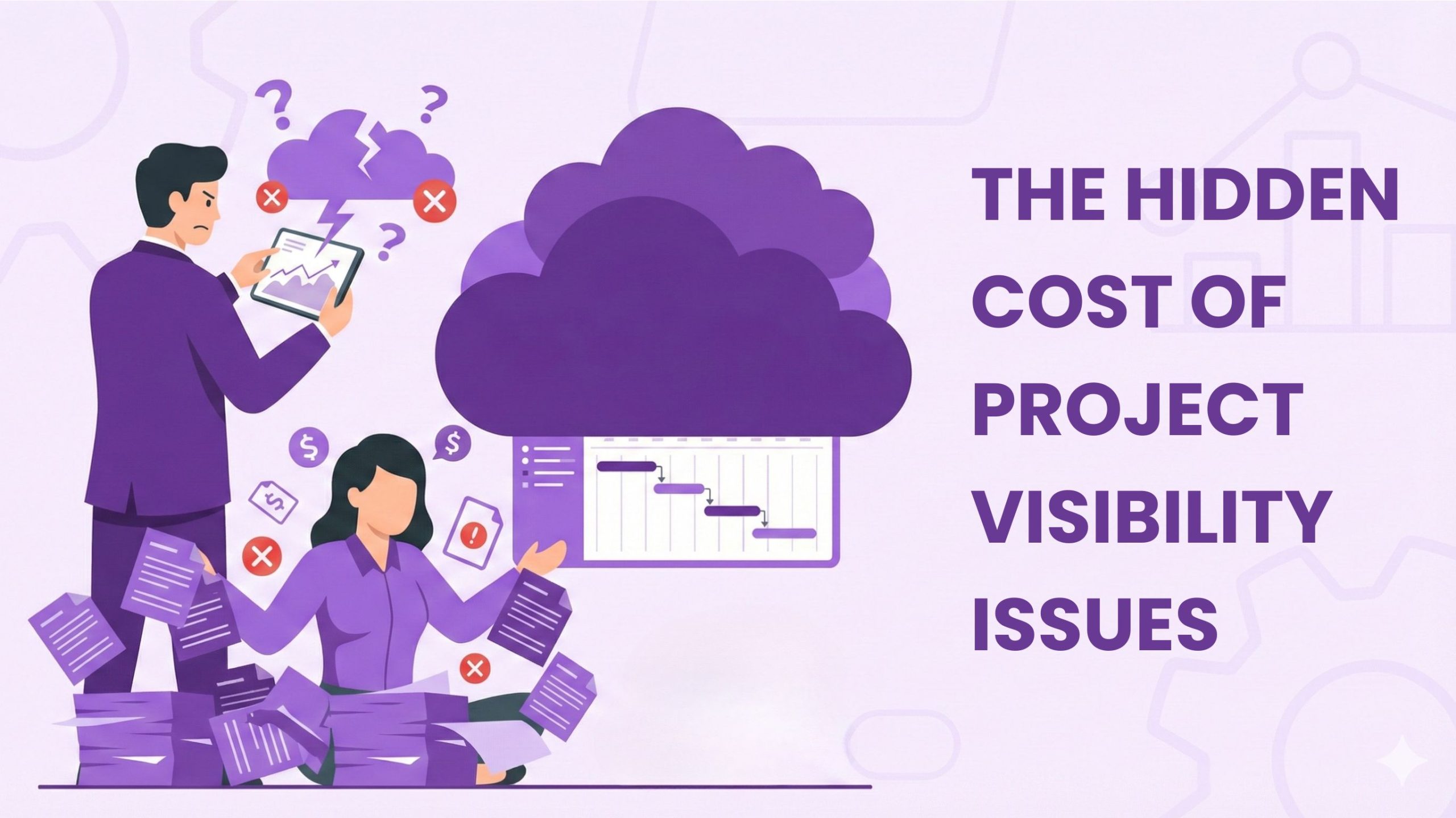
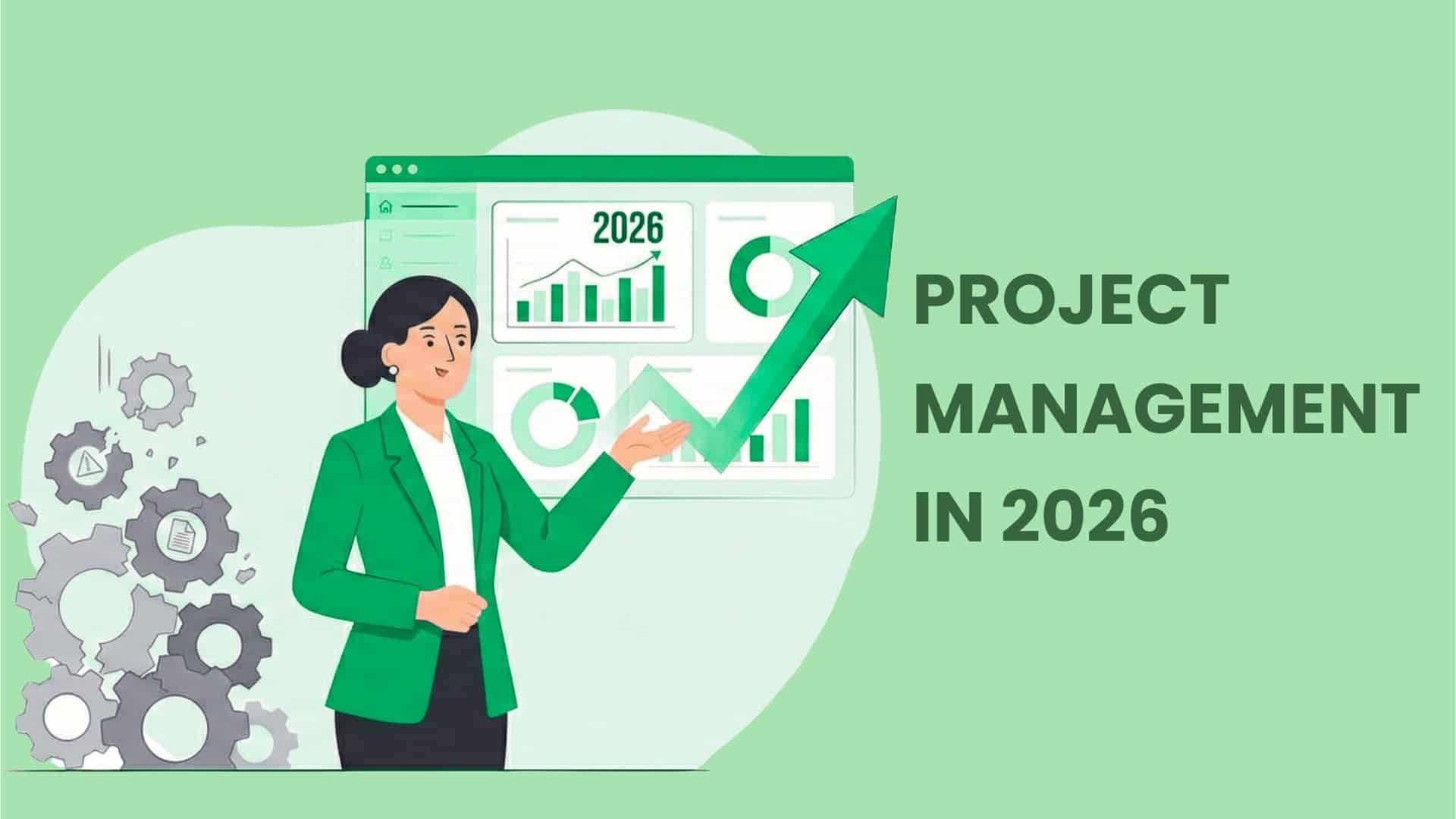
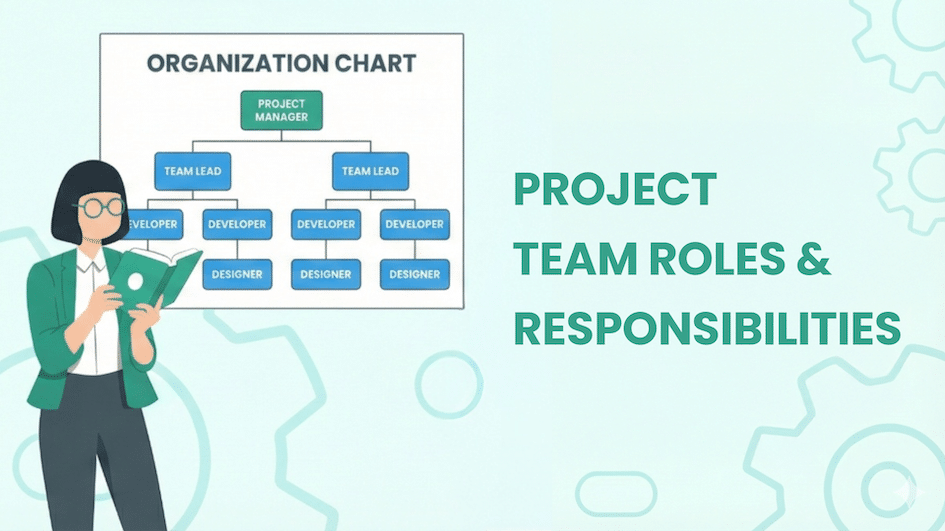
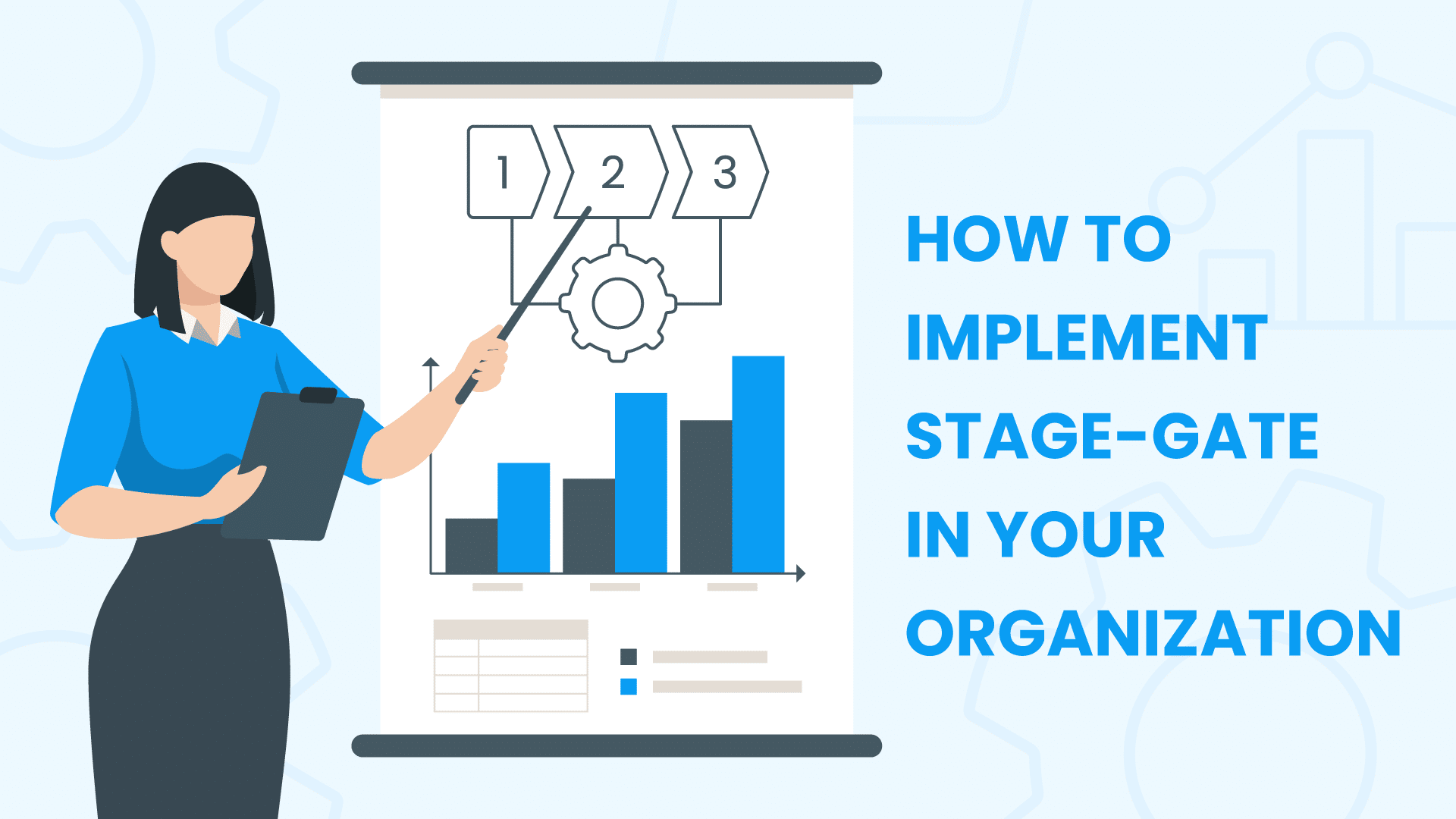


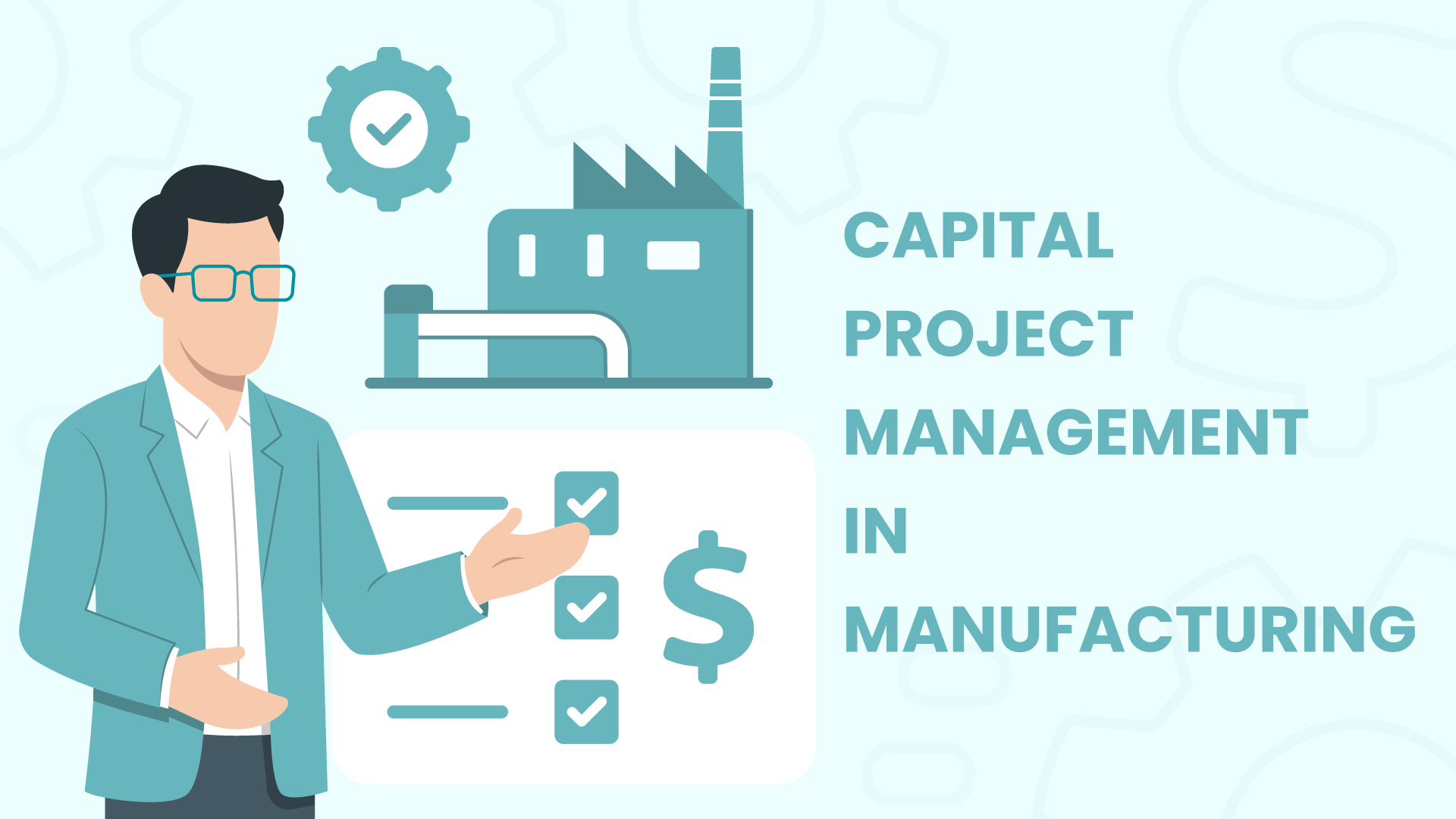



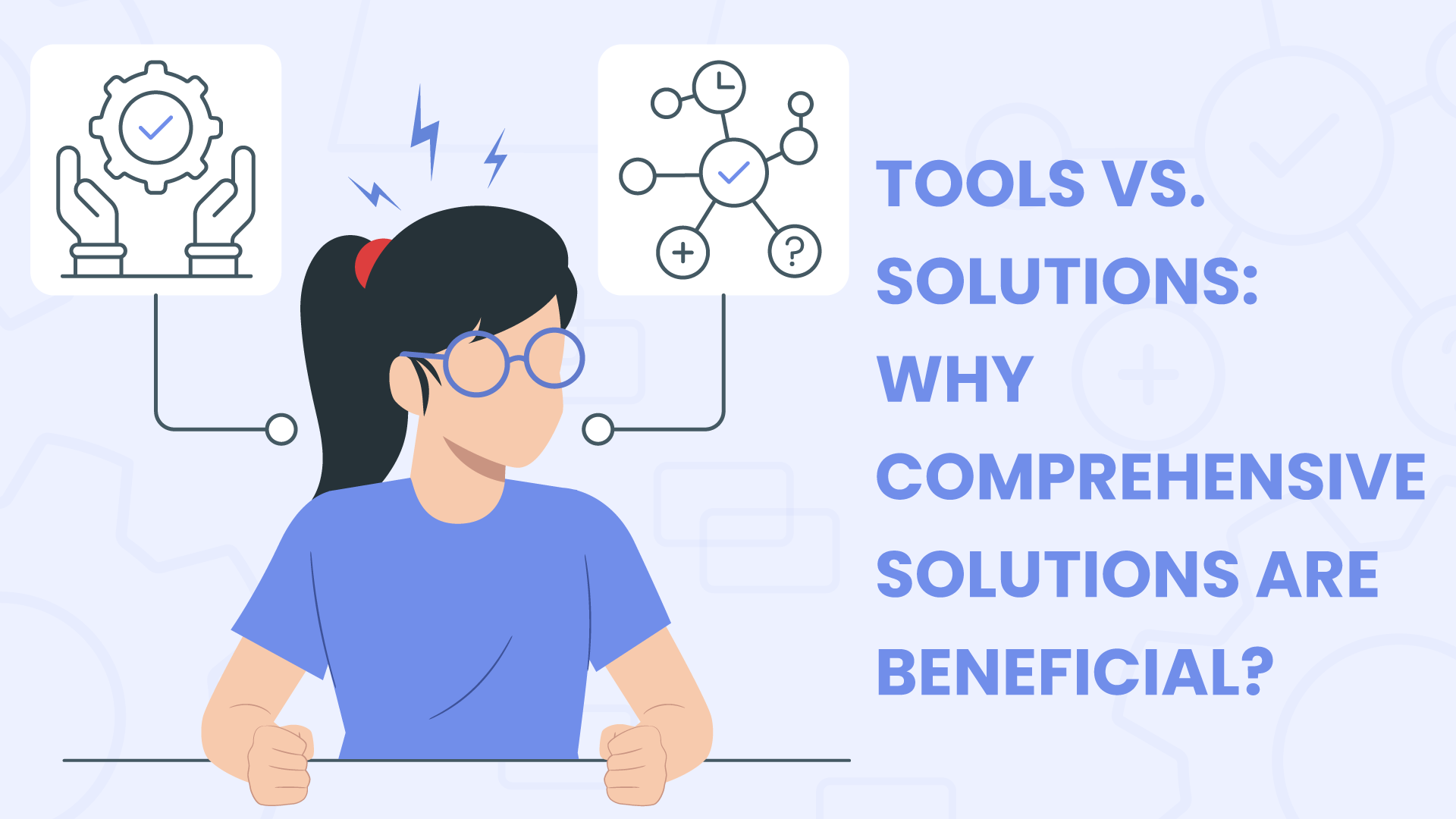




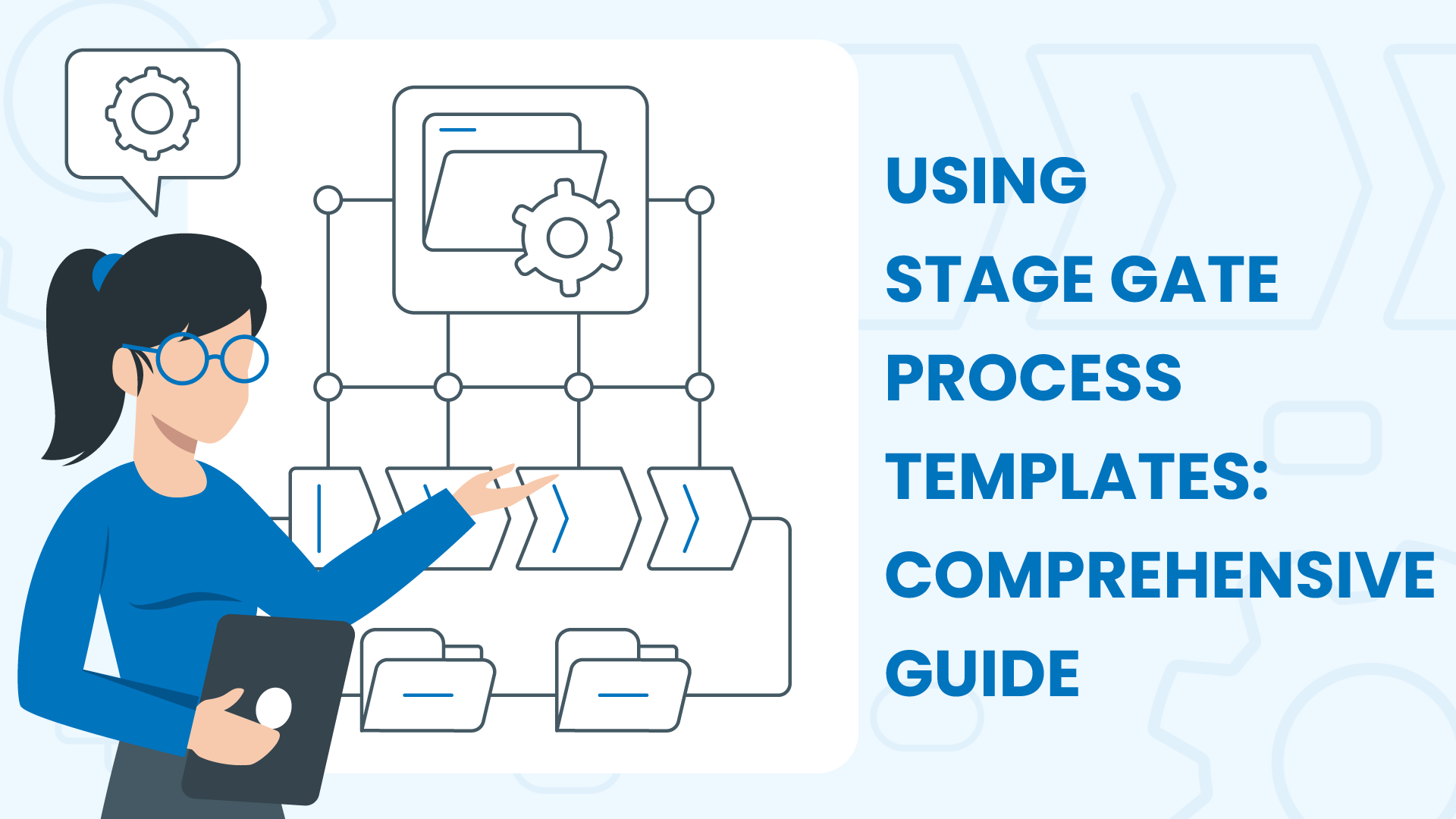




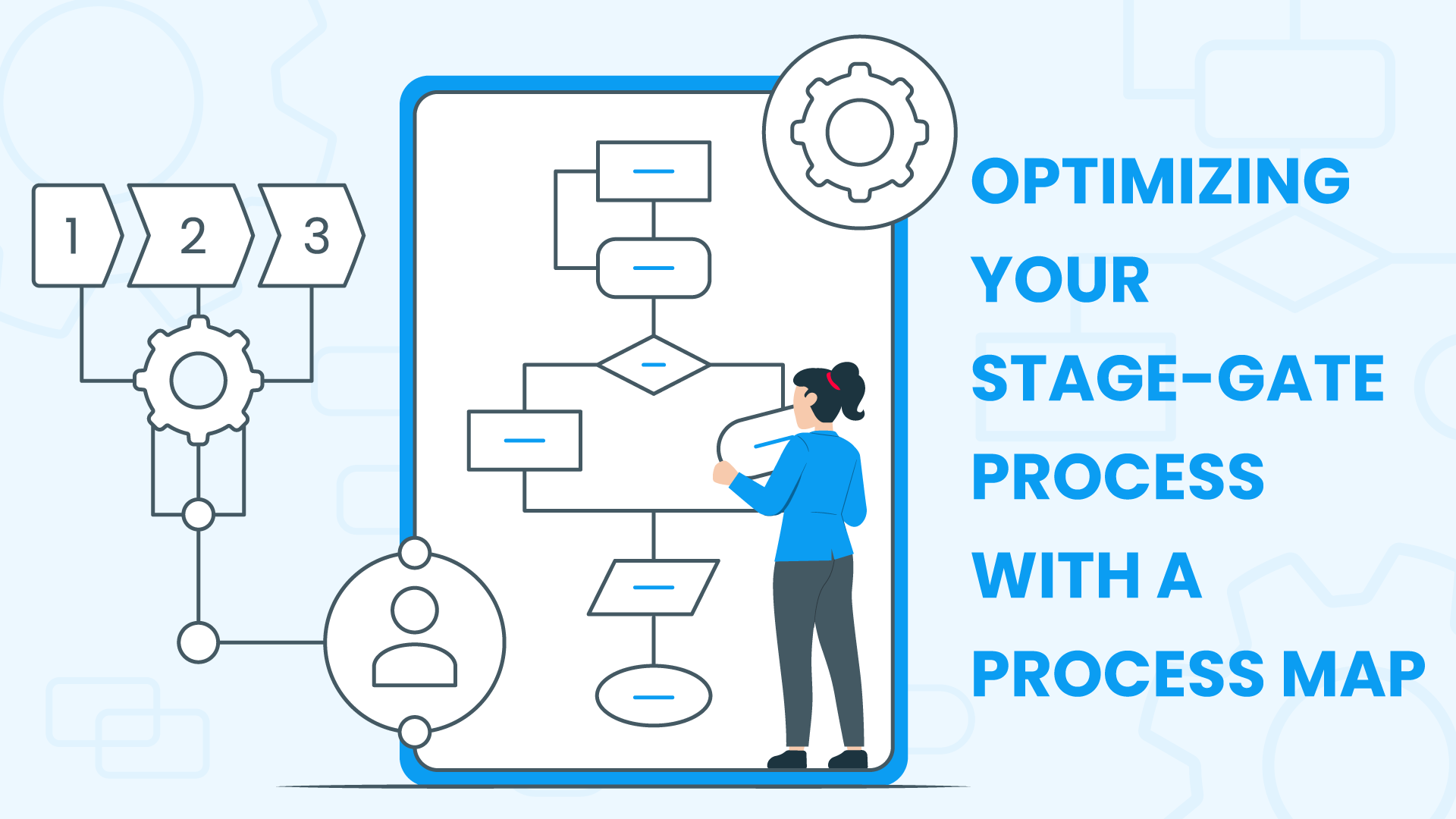


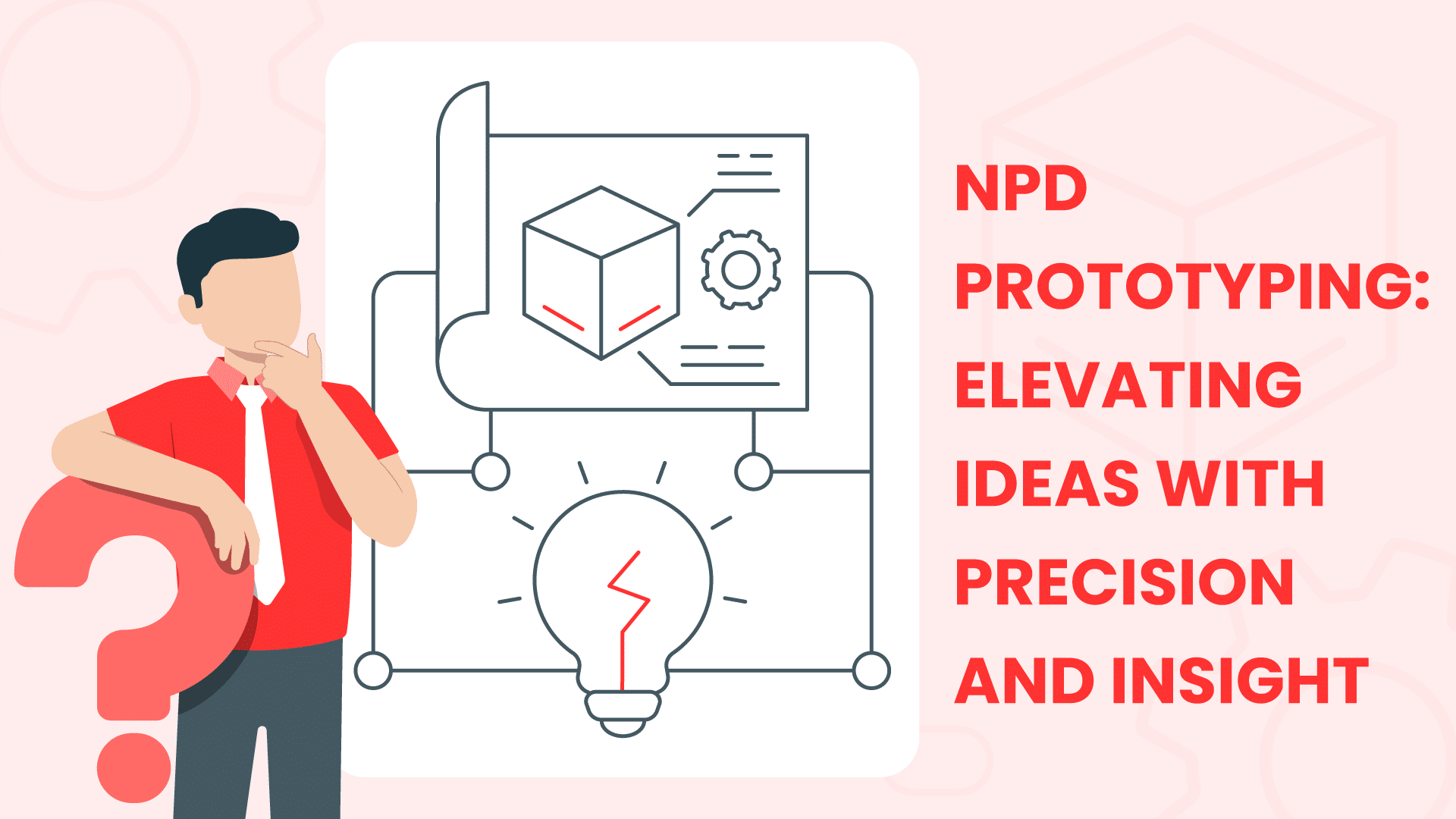

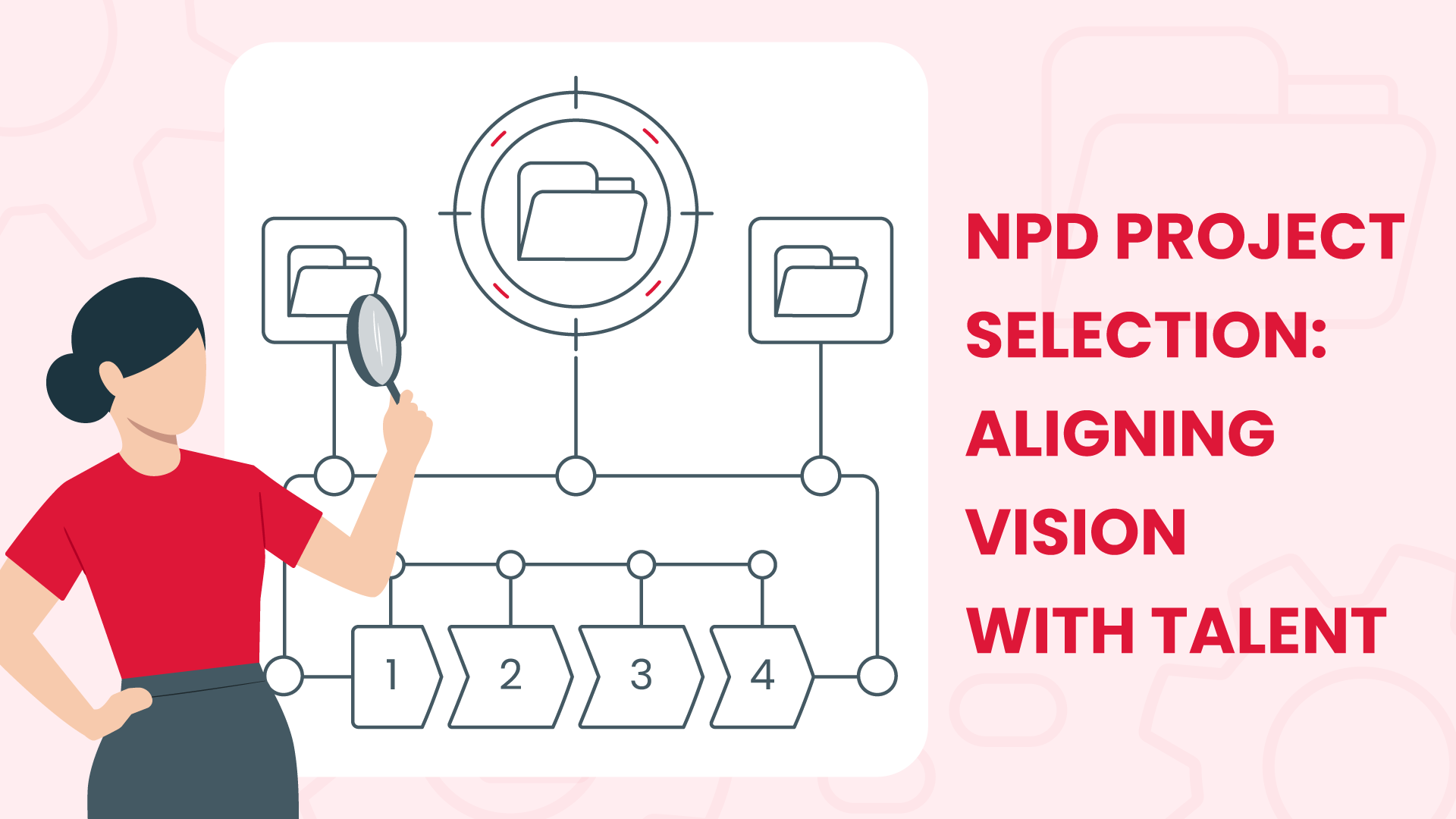

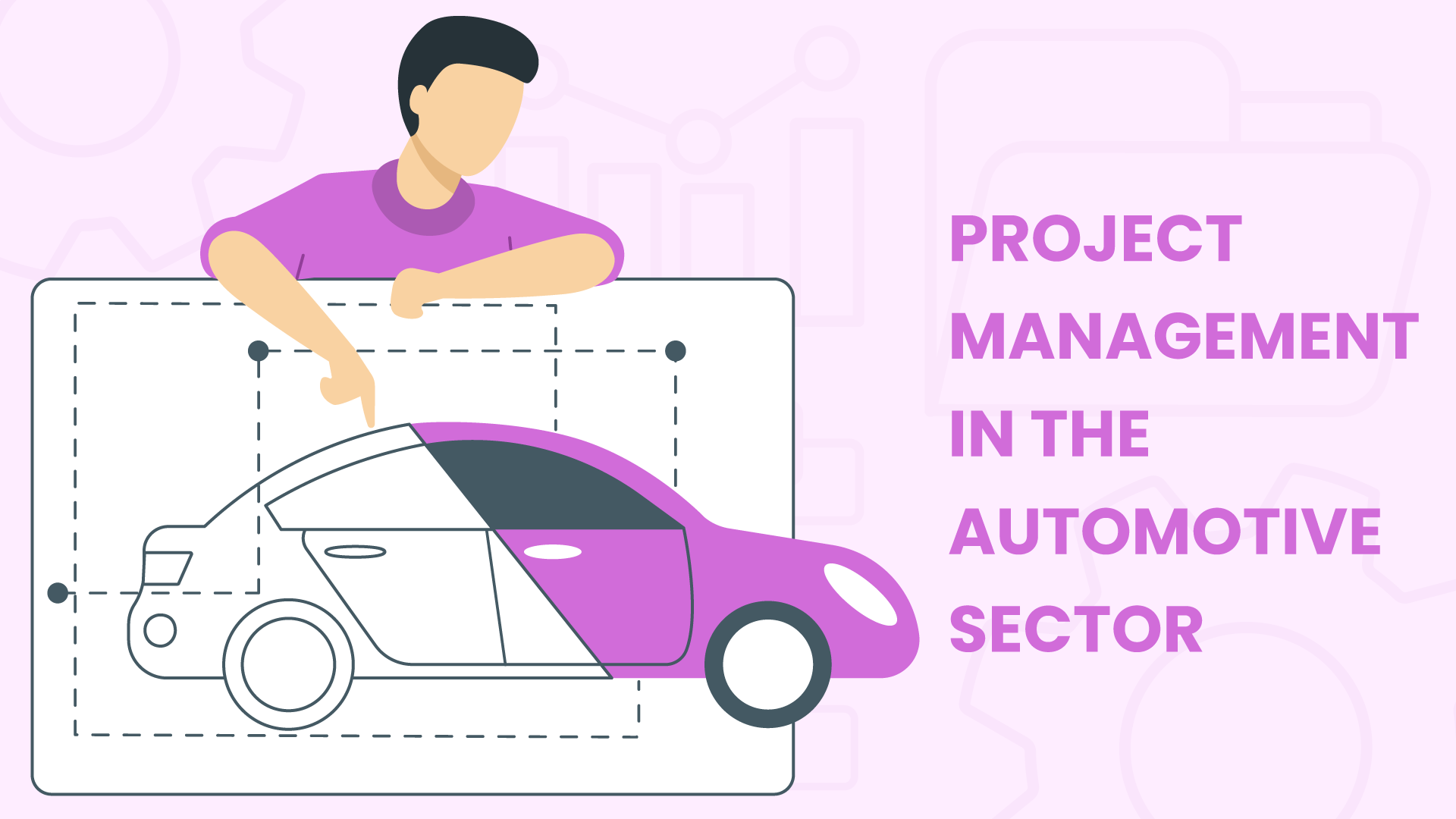

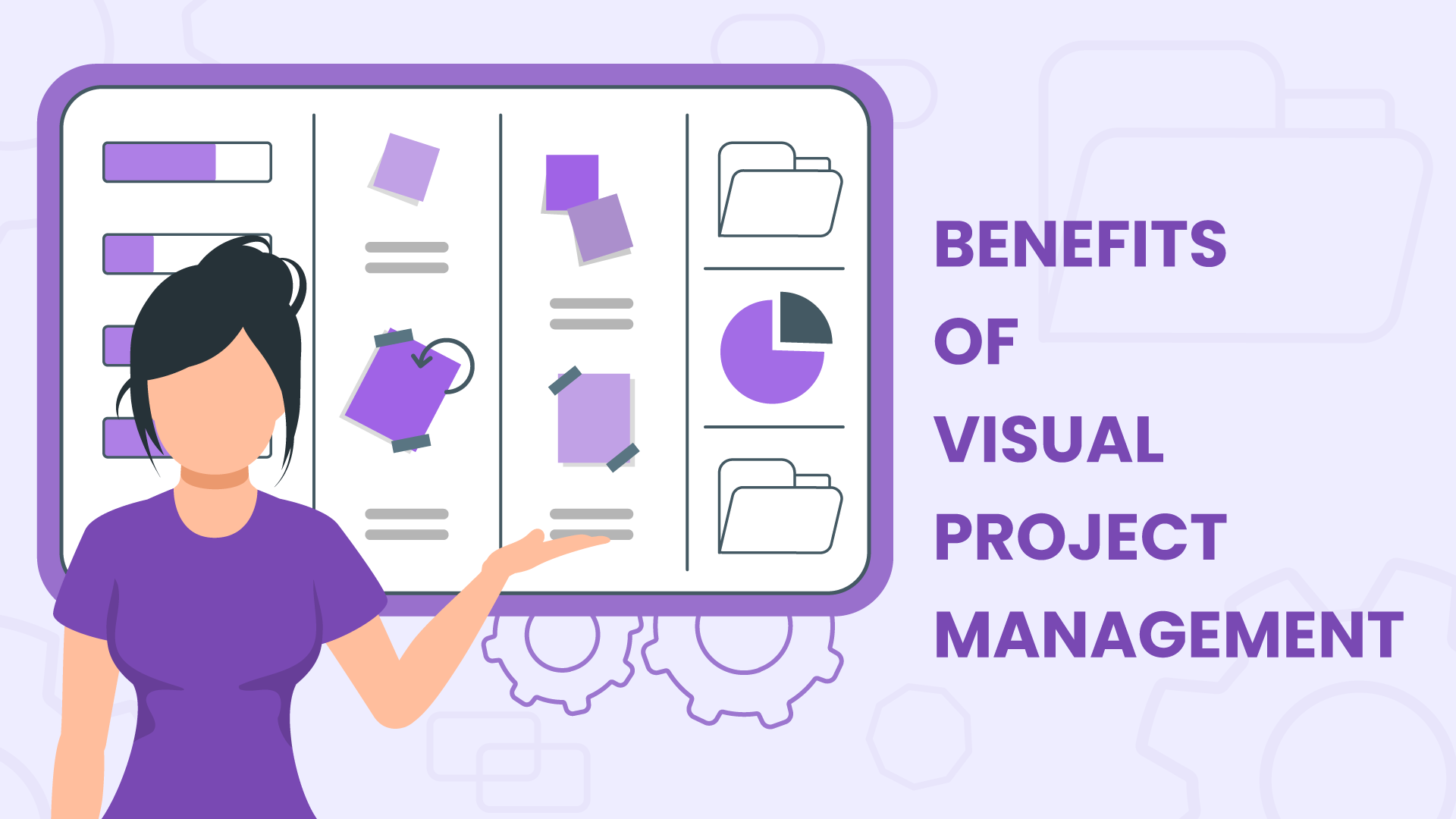
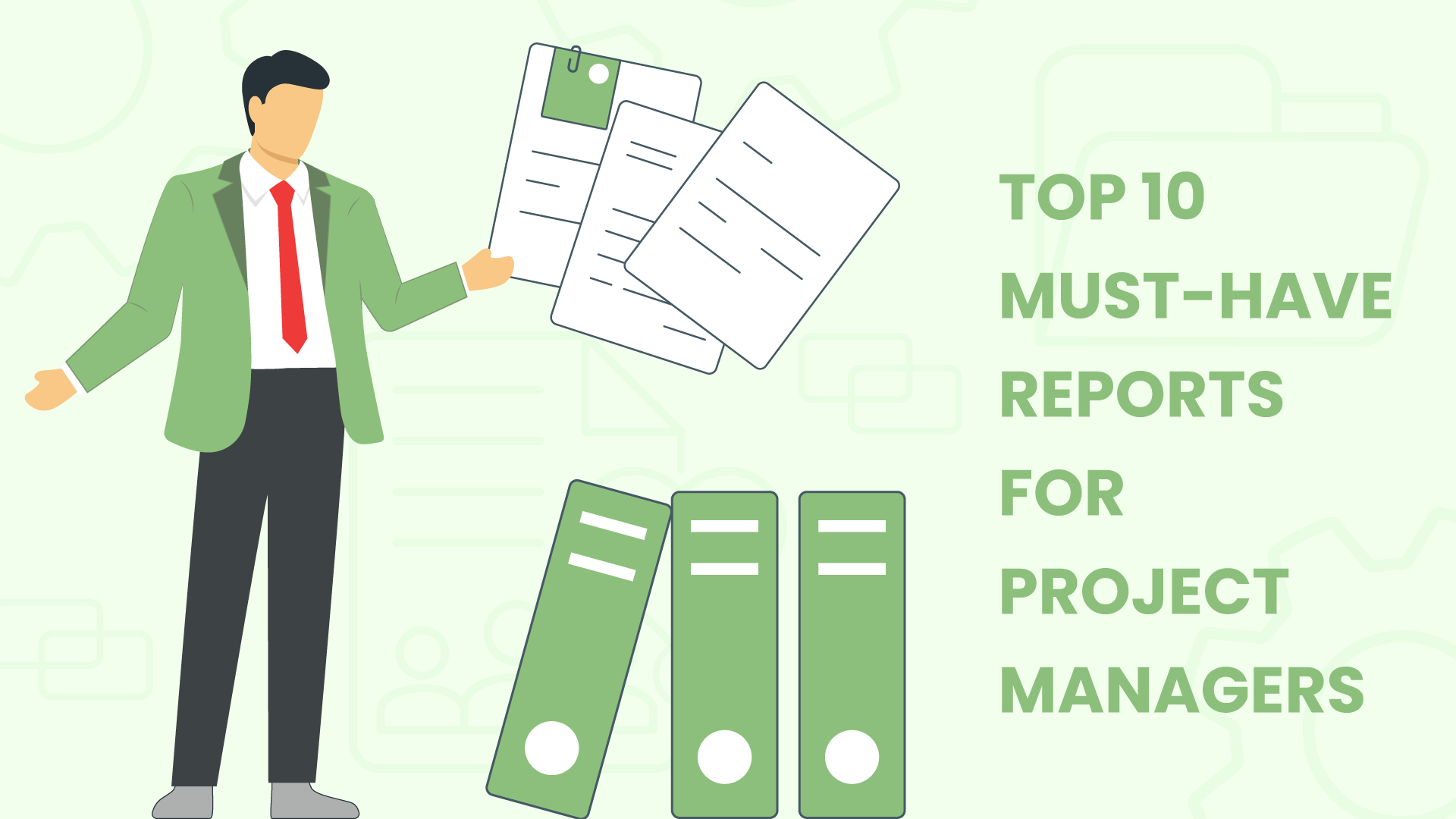

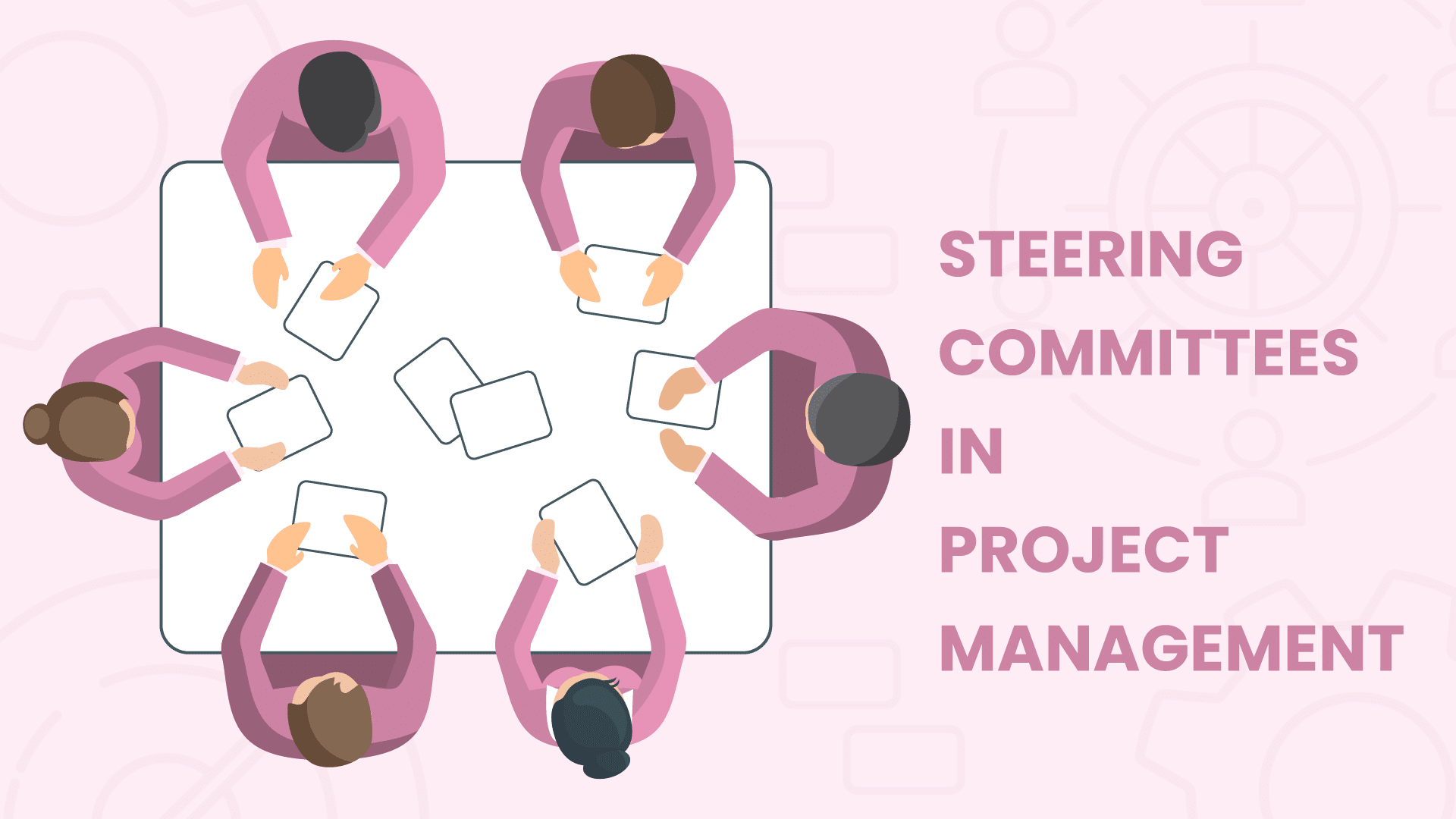

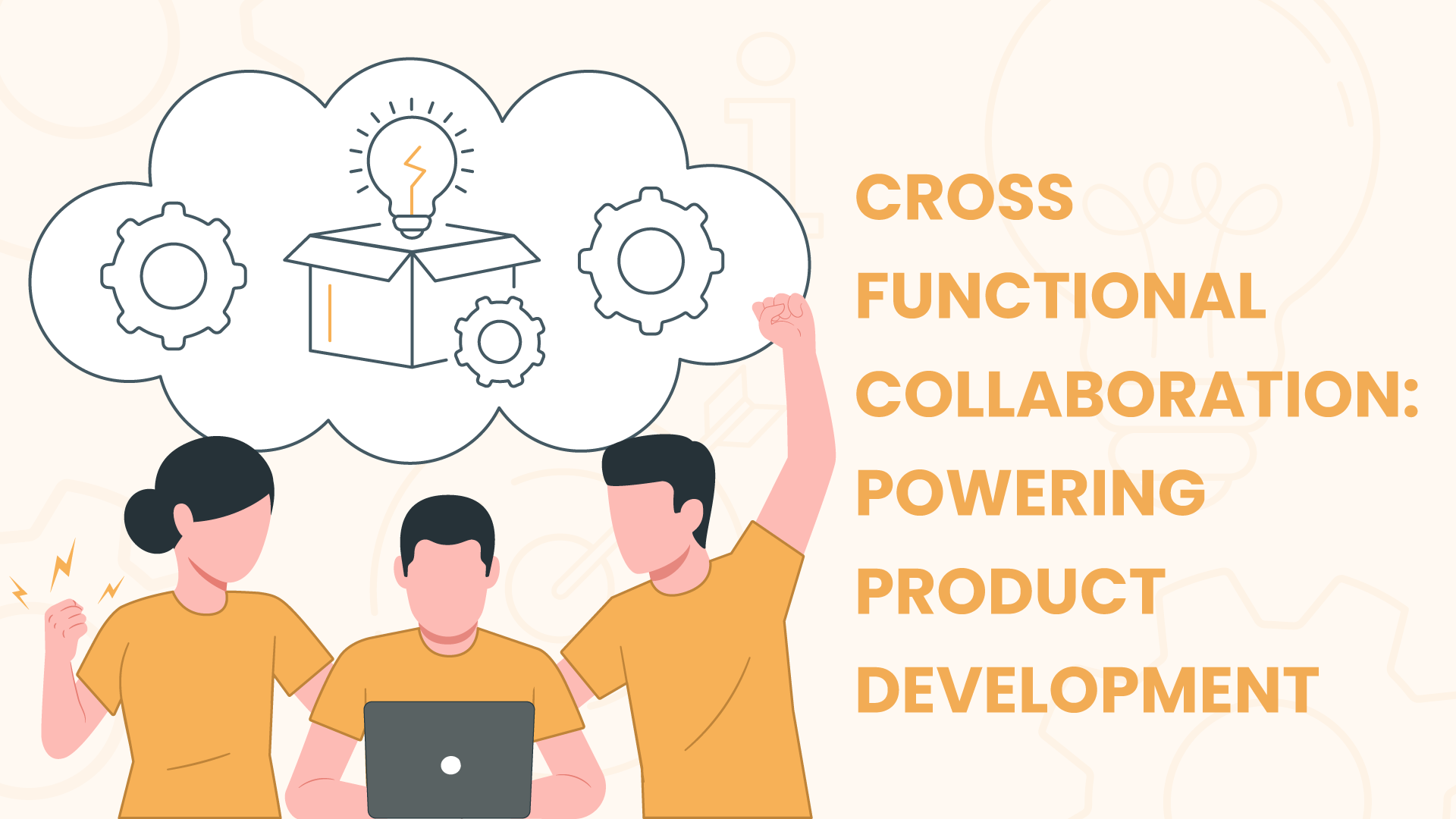
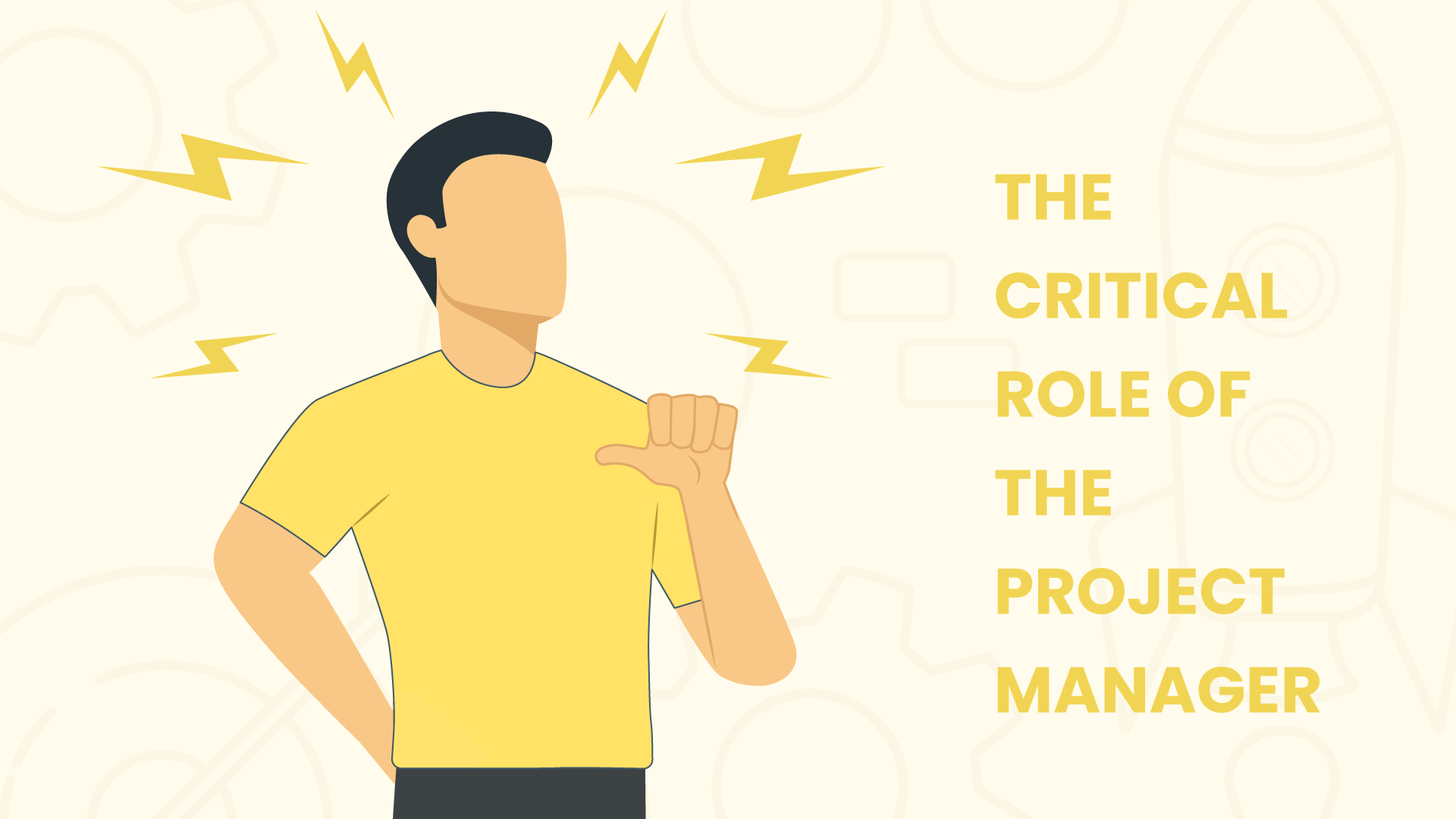
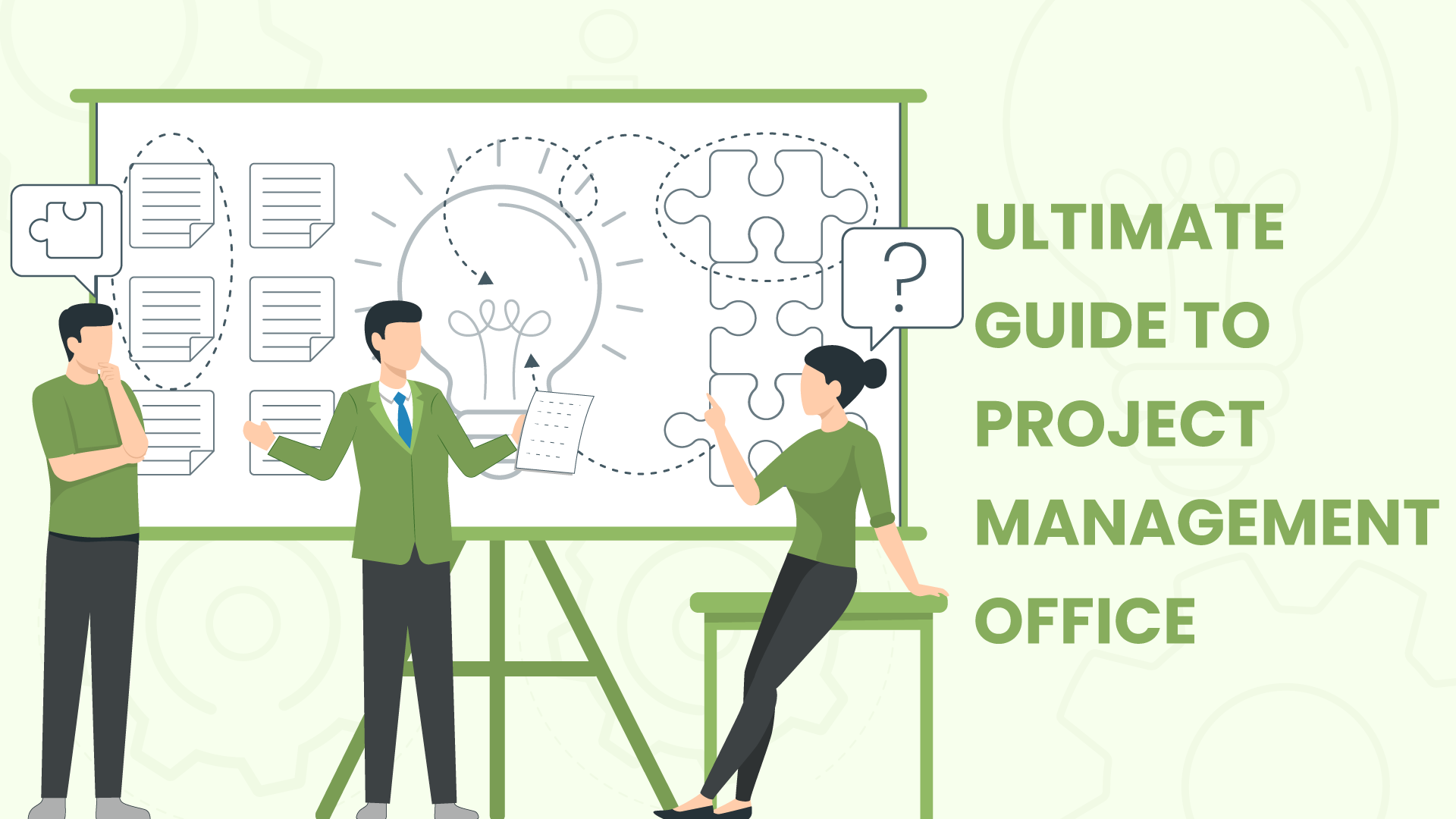

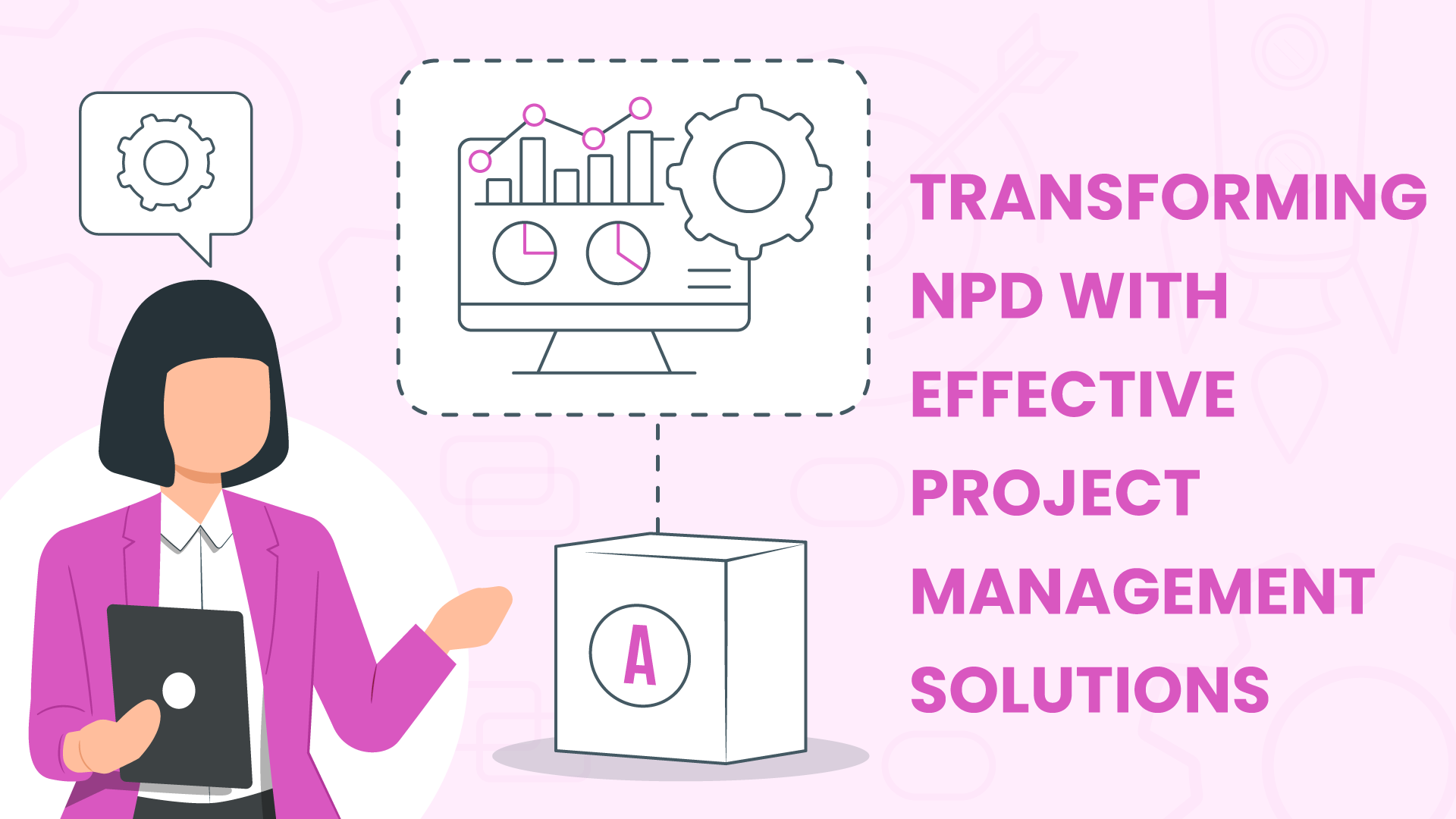
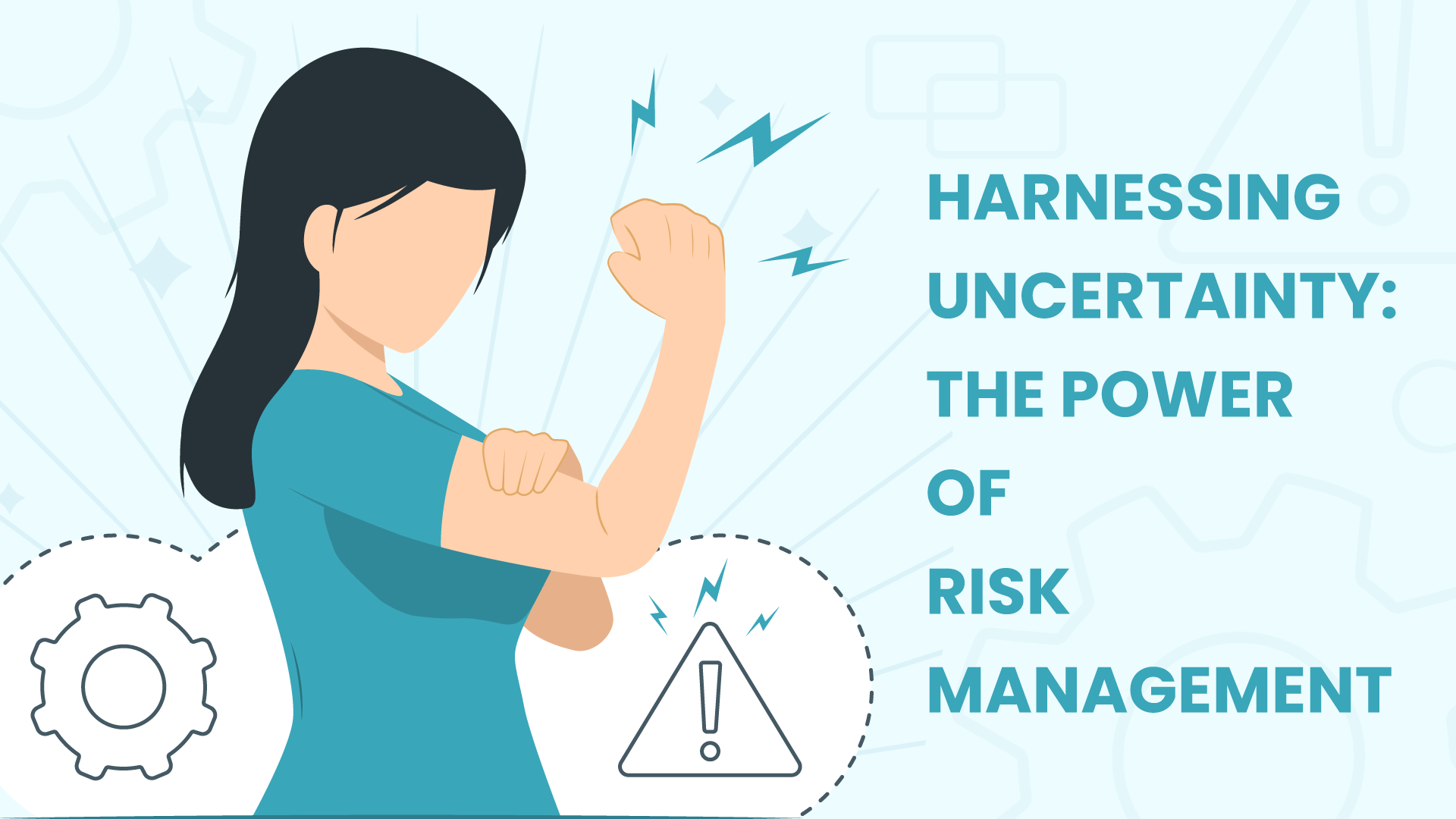
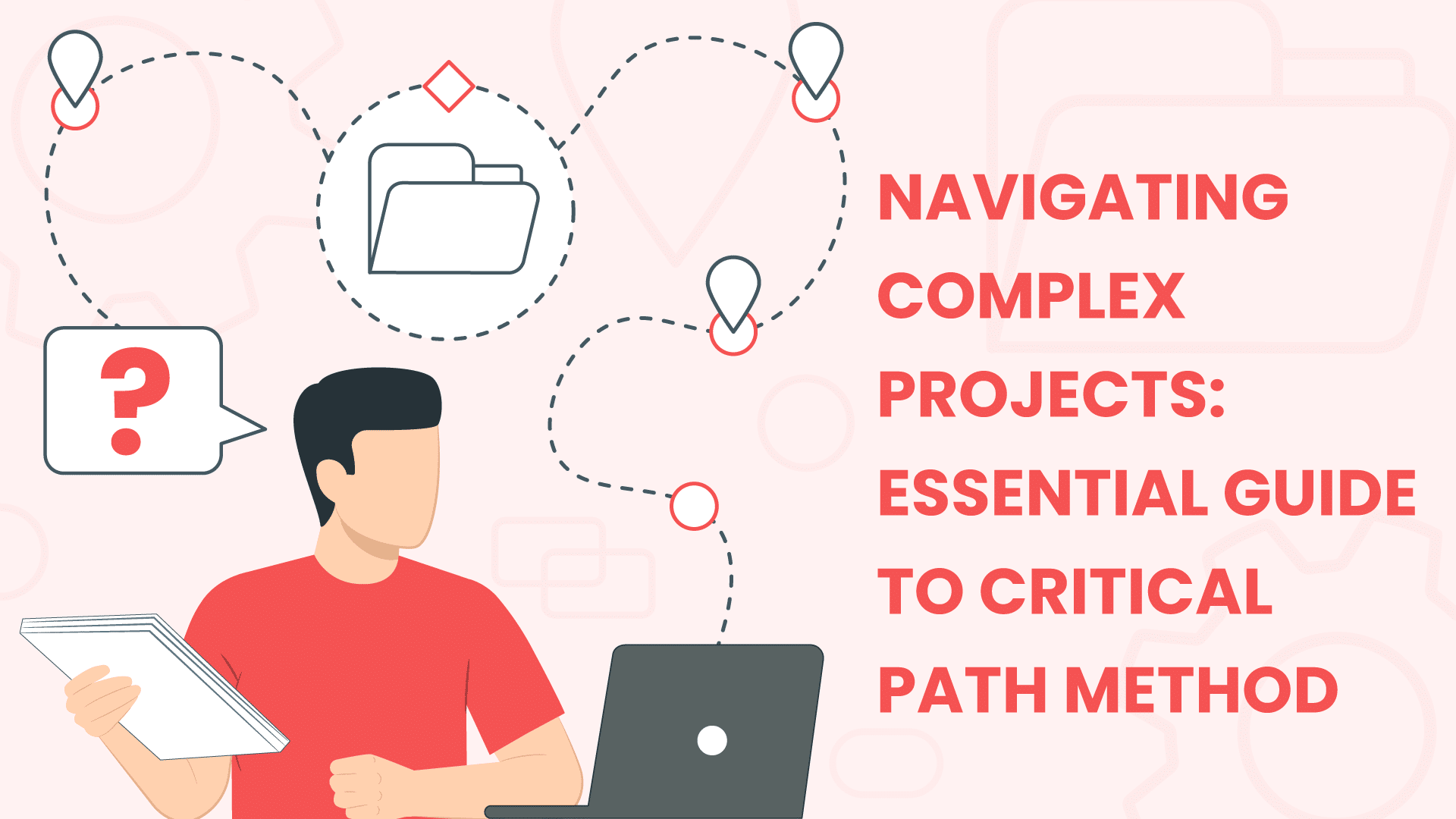





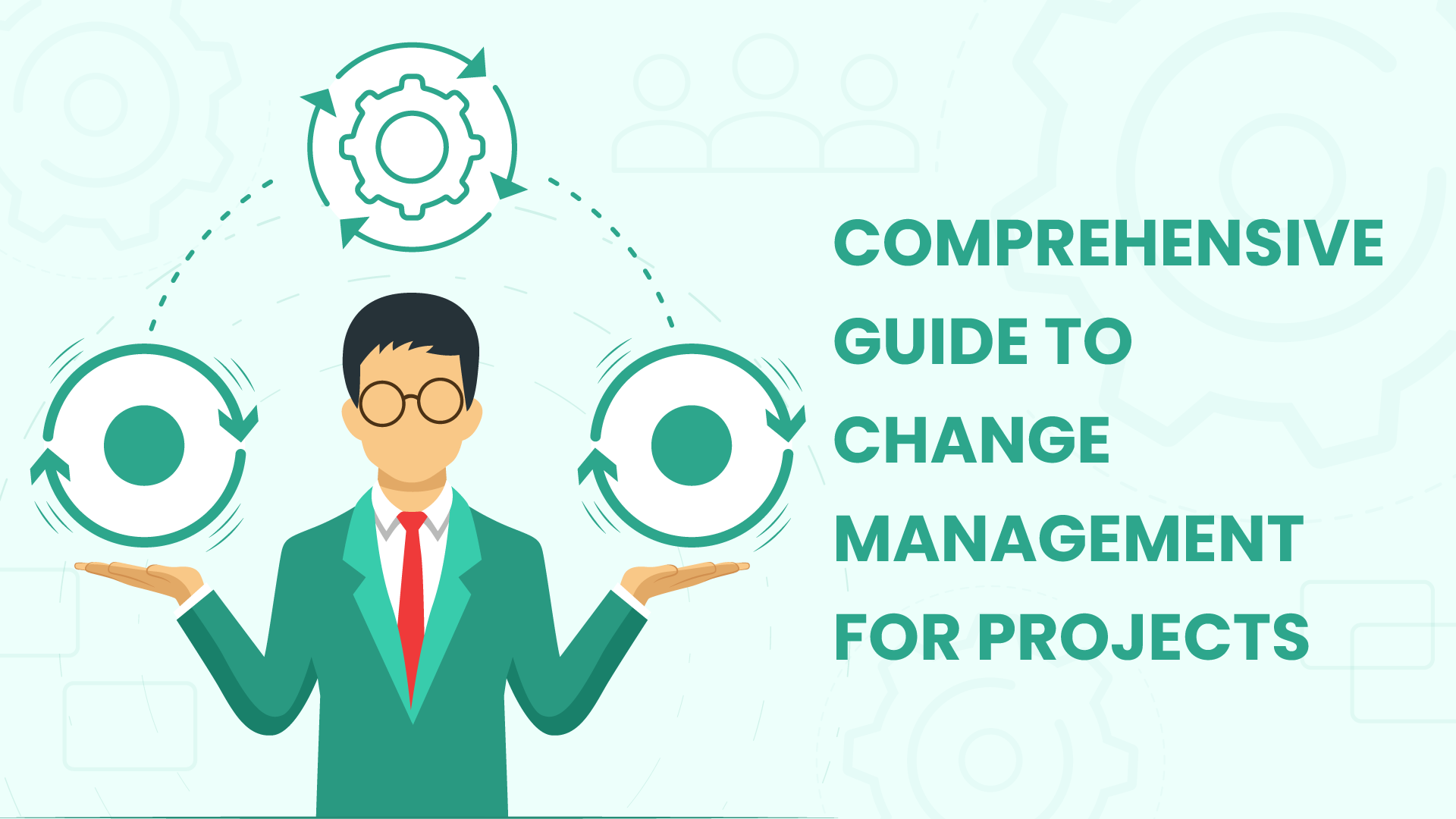
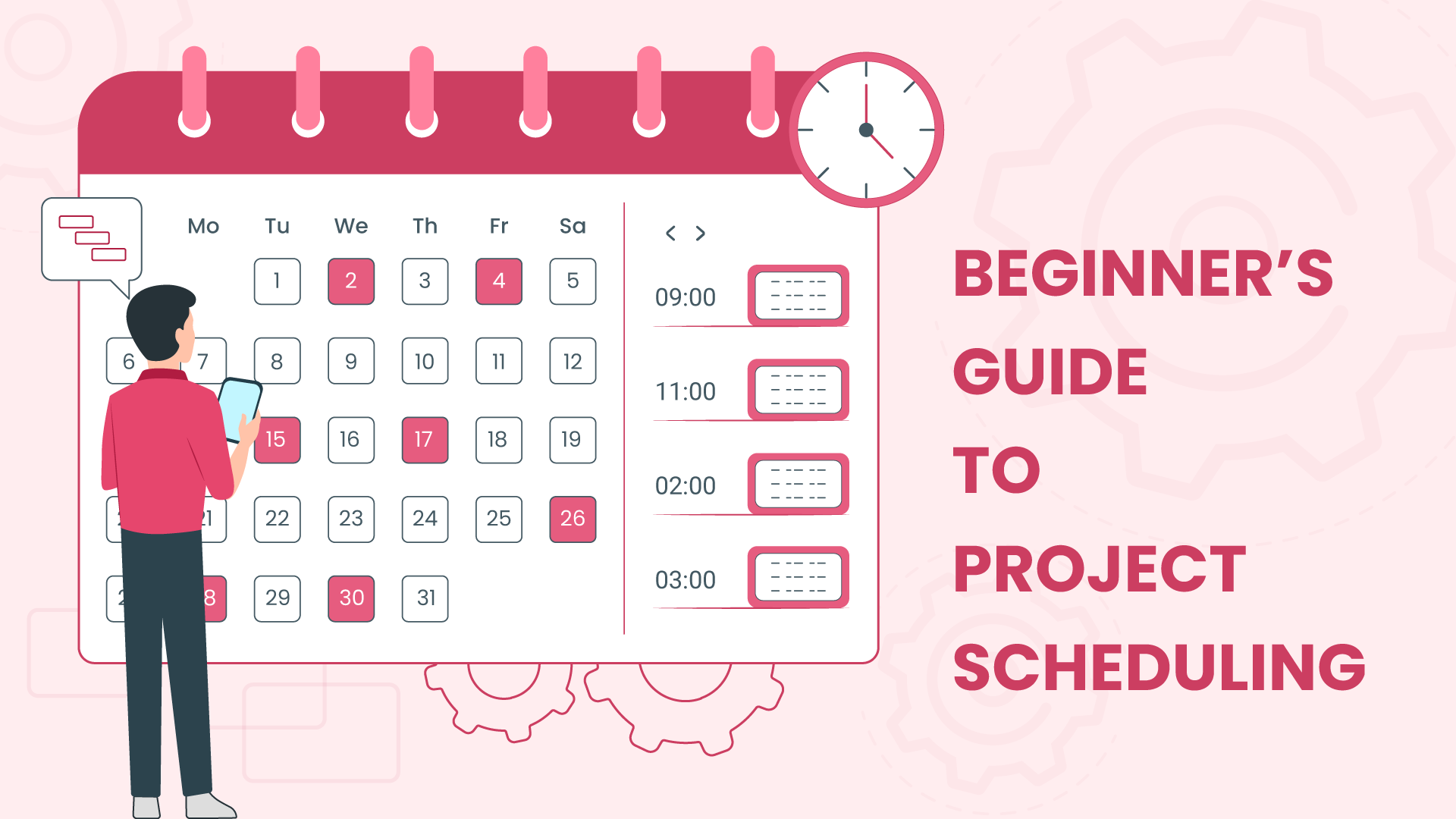


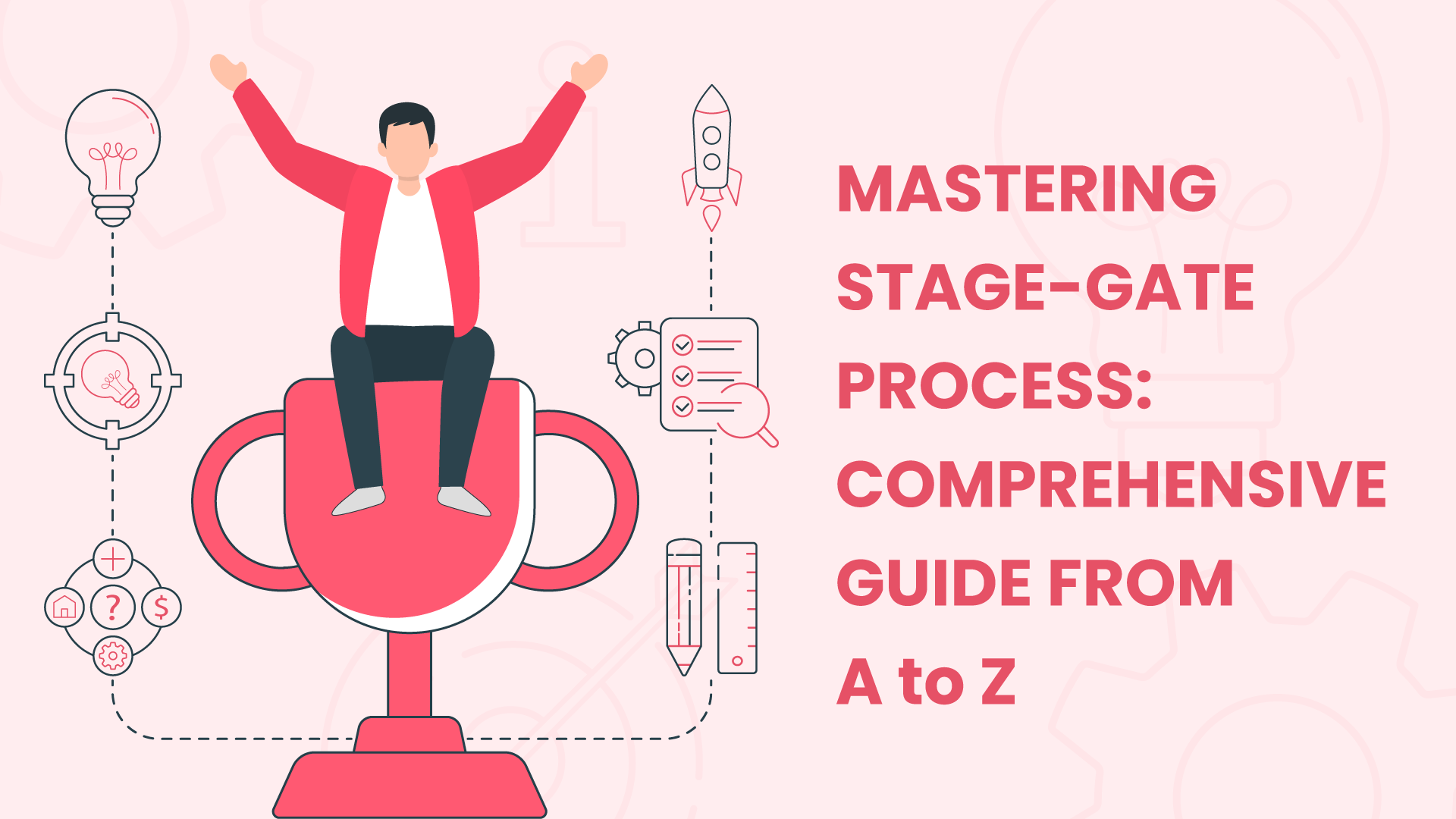
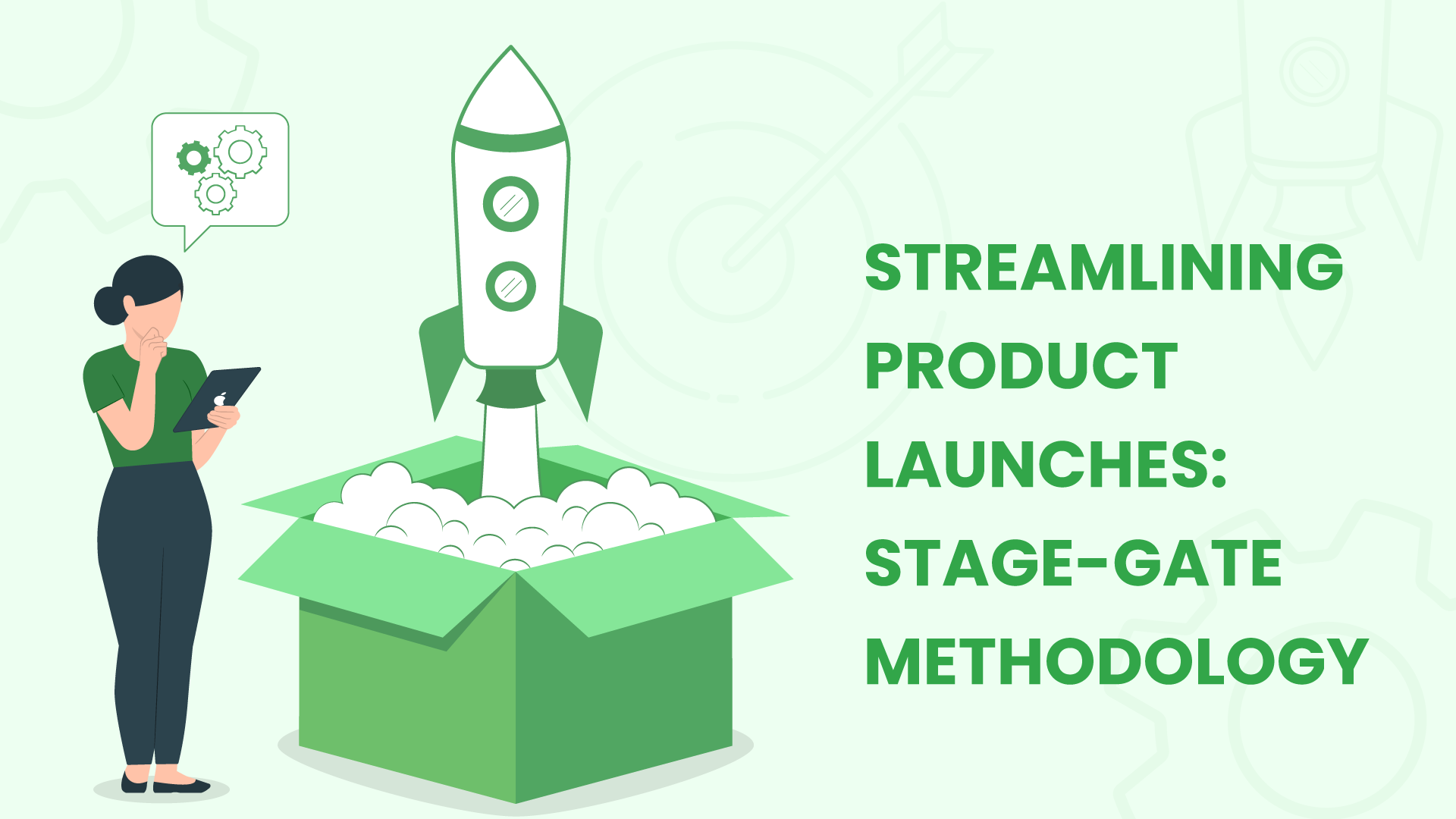
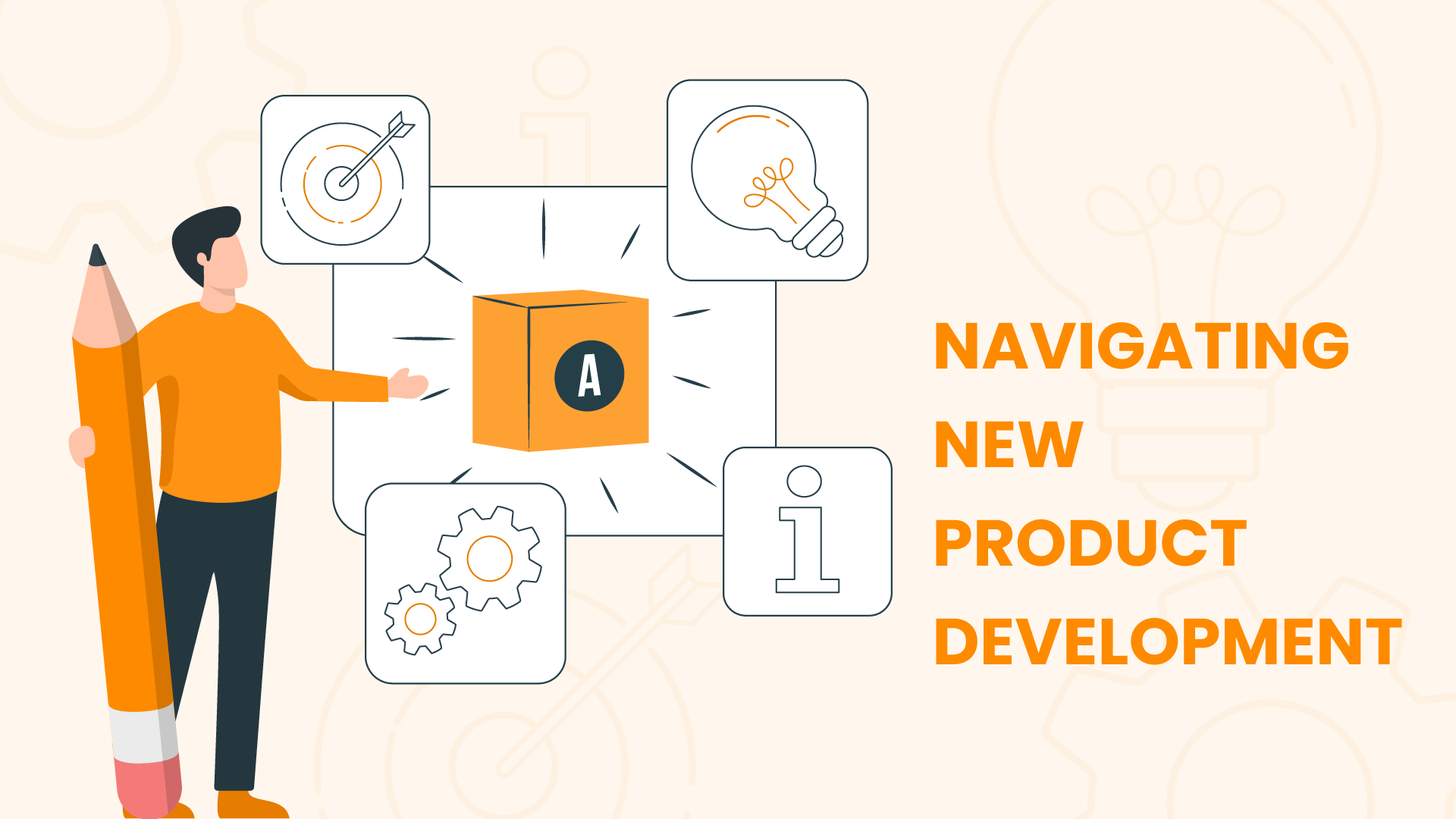
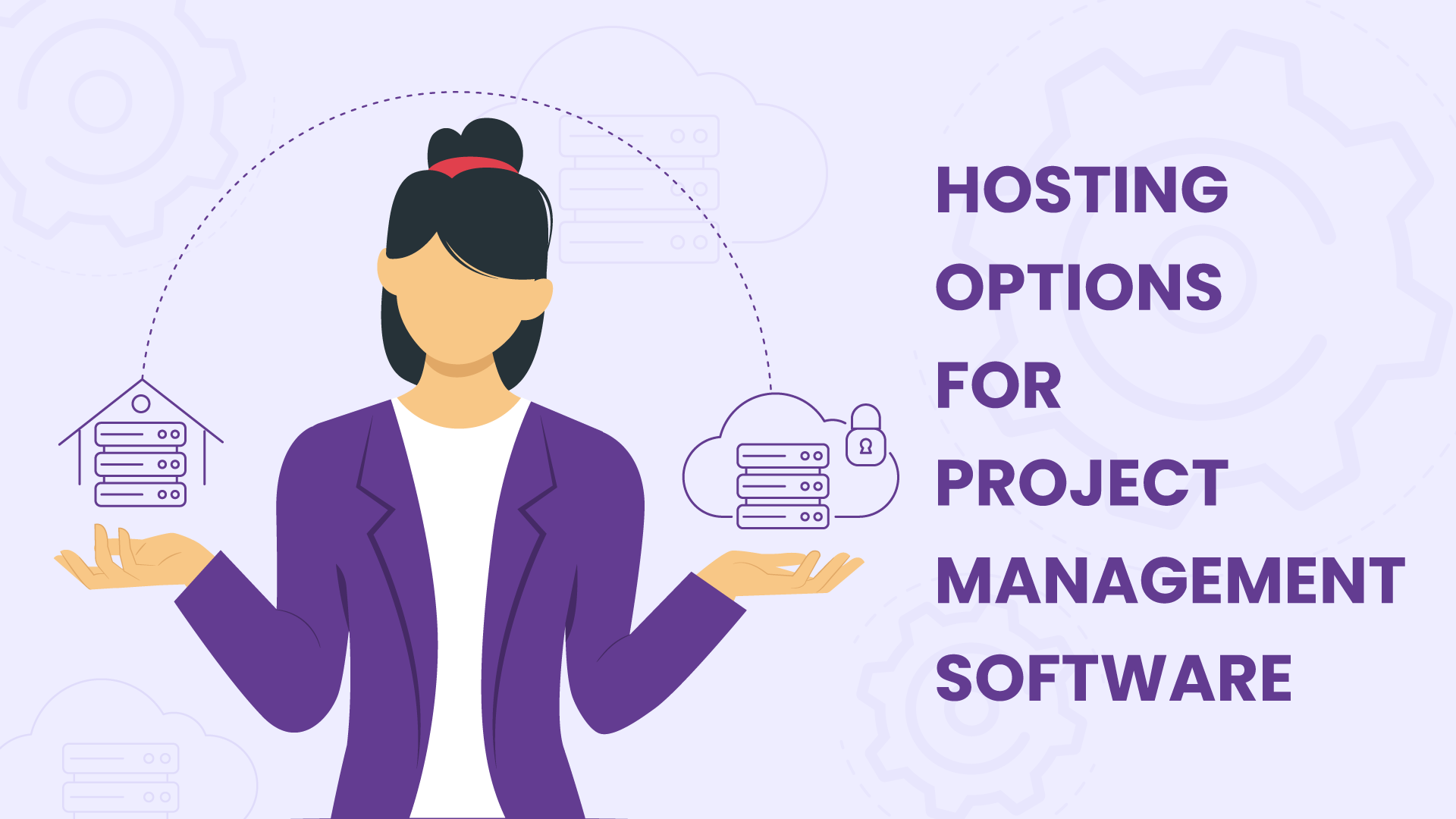
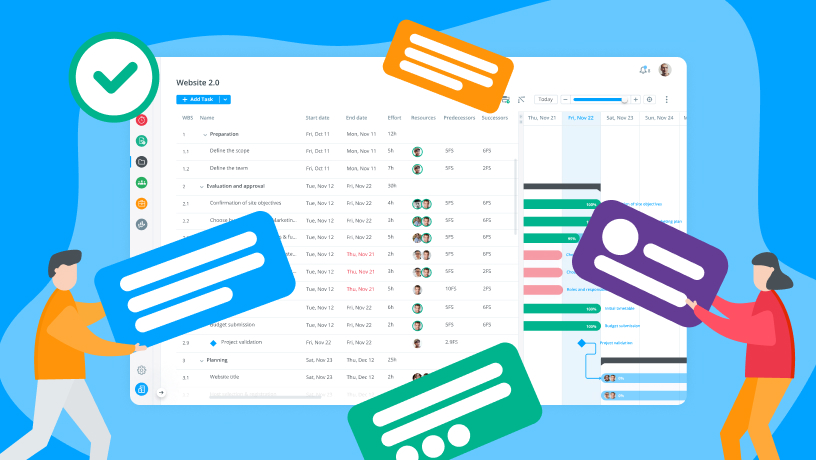



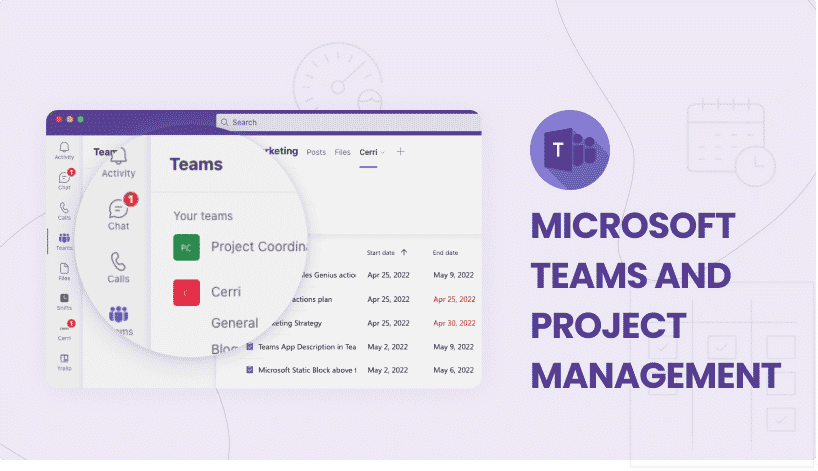
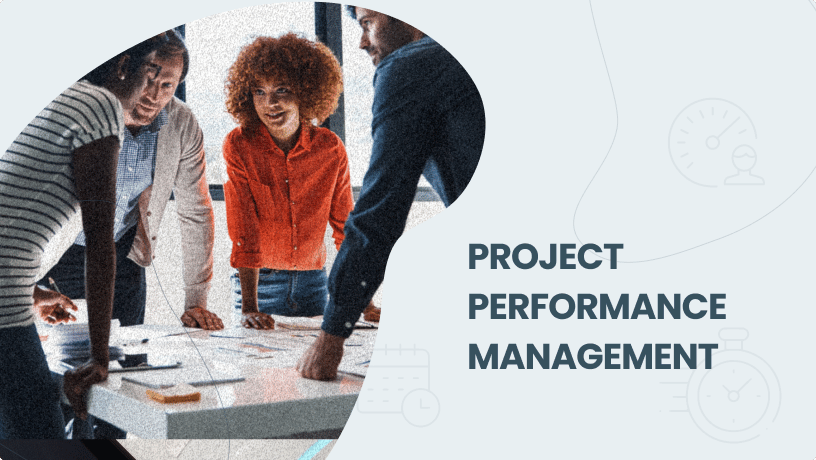
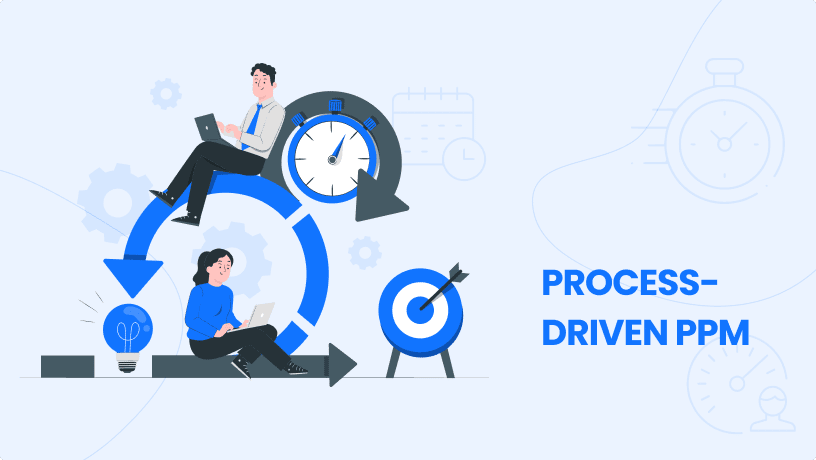
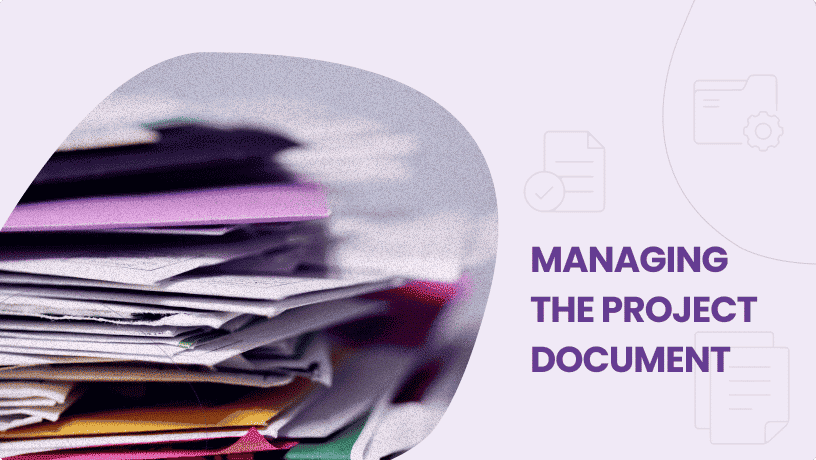
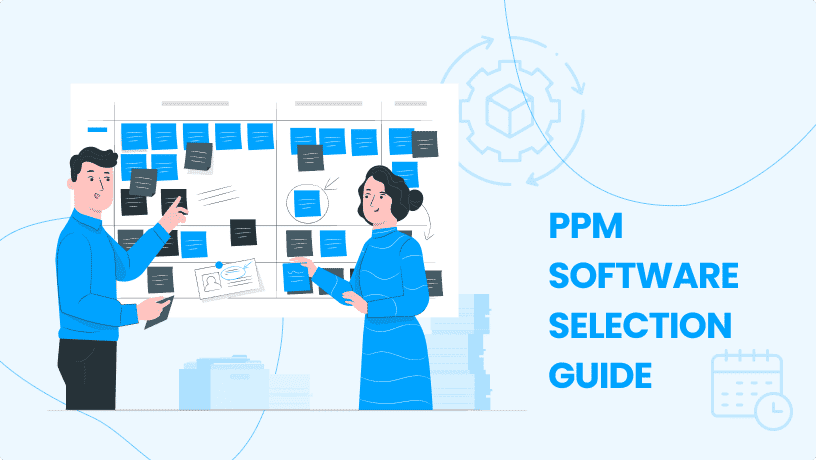
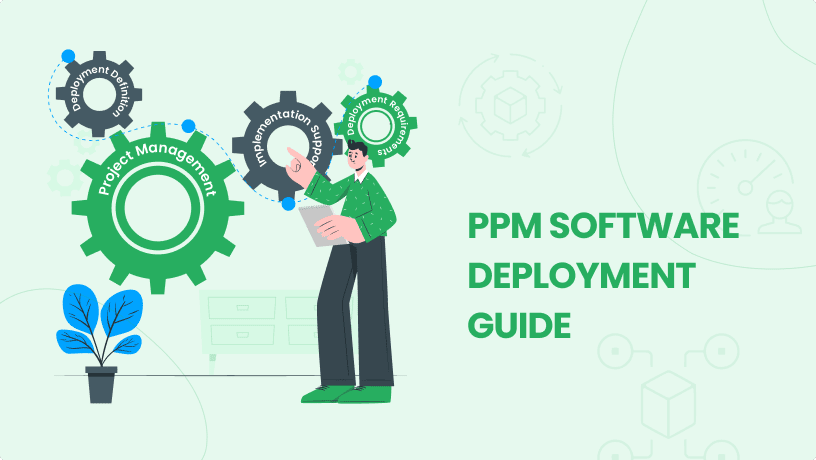
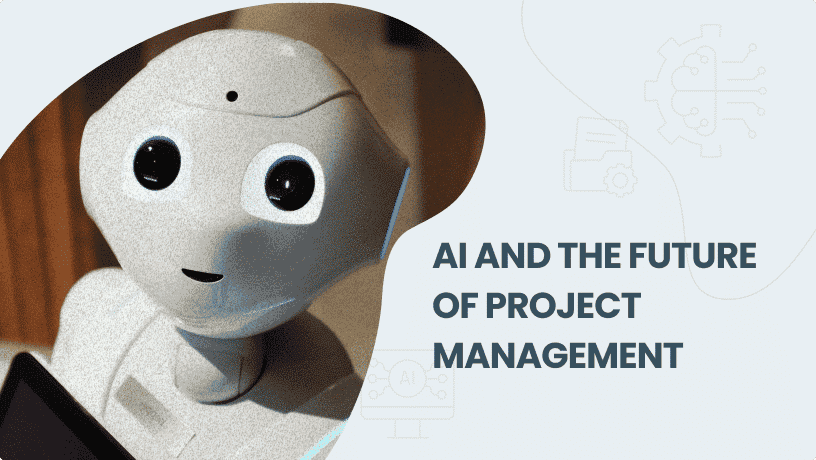
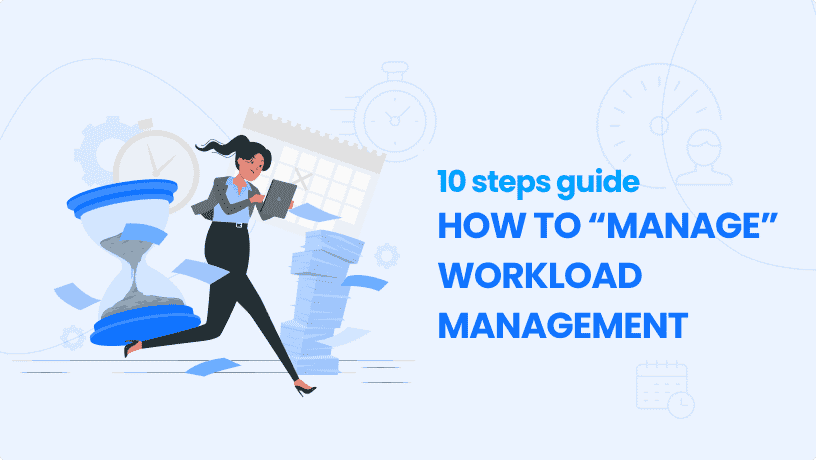
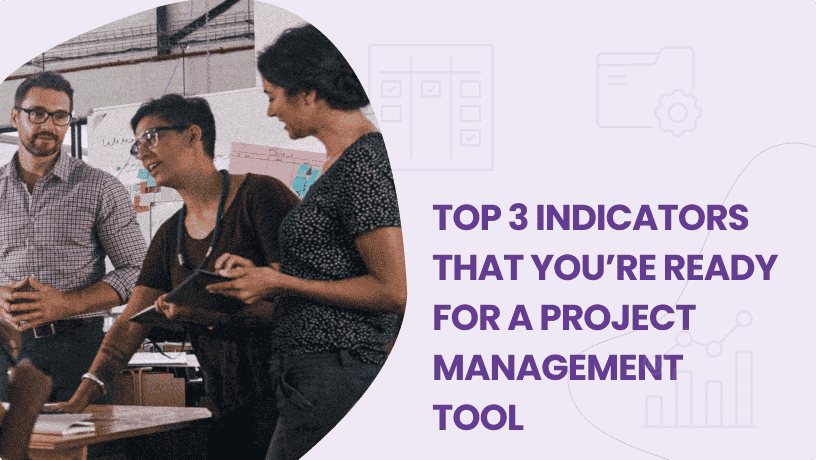





 Task Management
Task Management 




















 Customization
Customization
